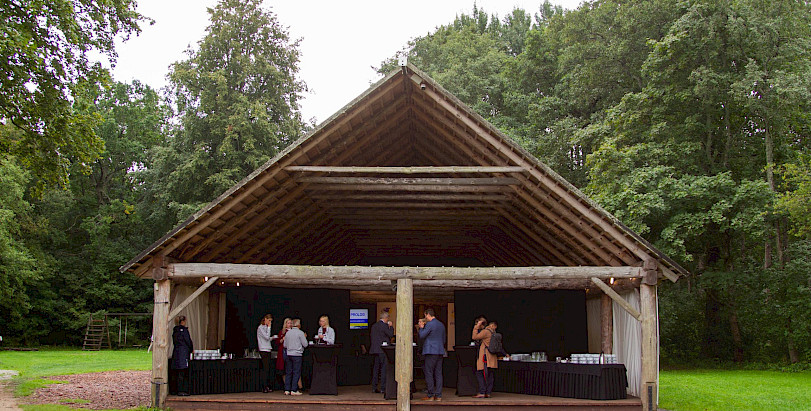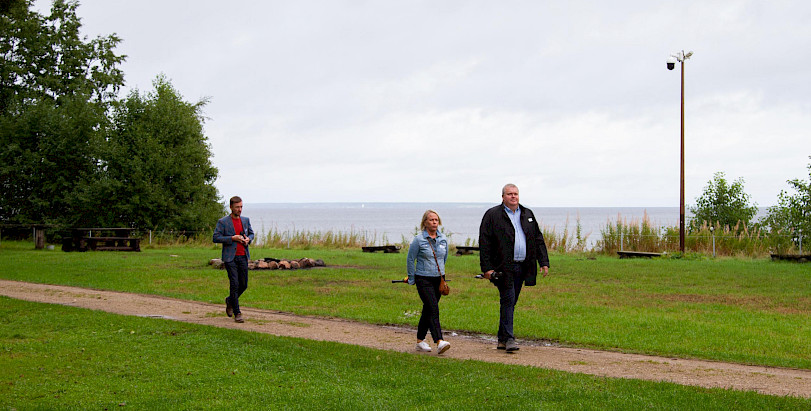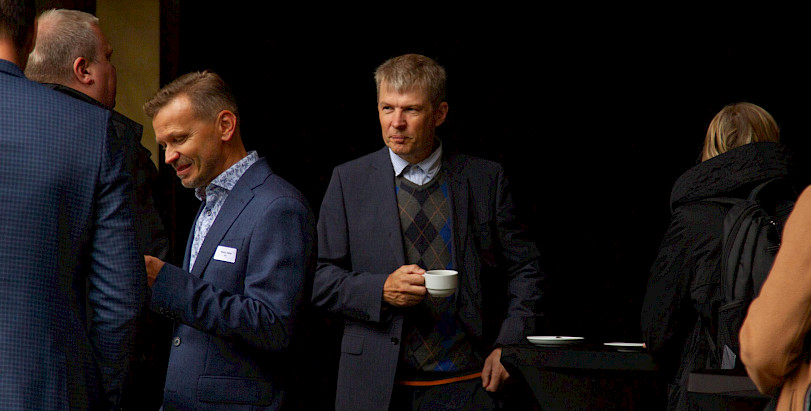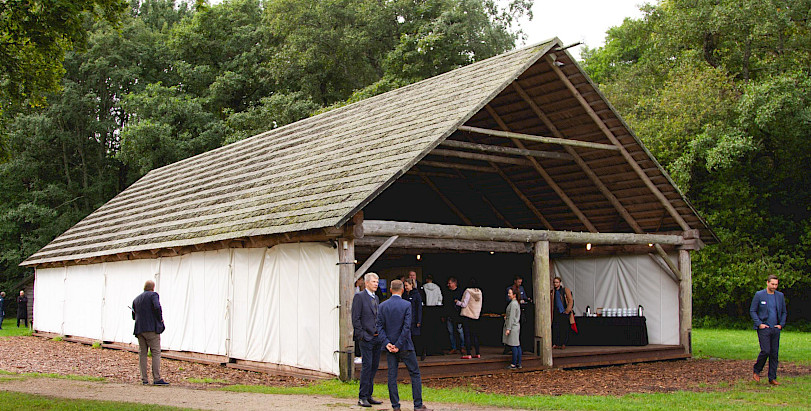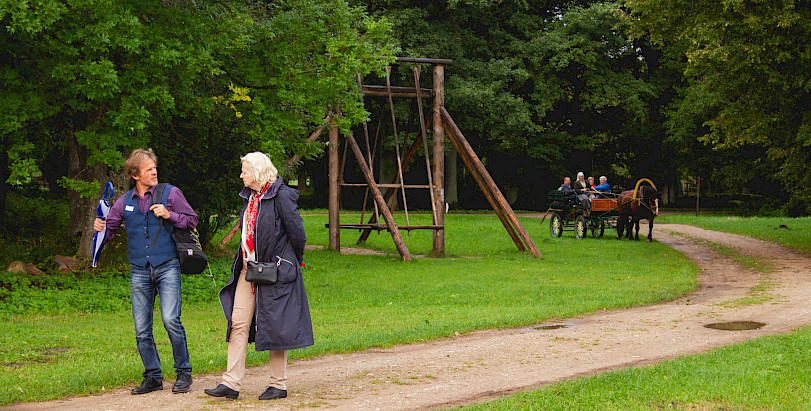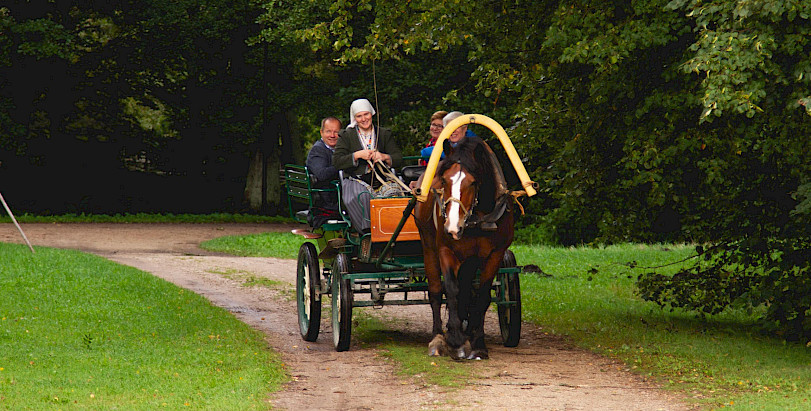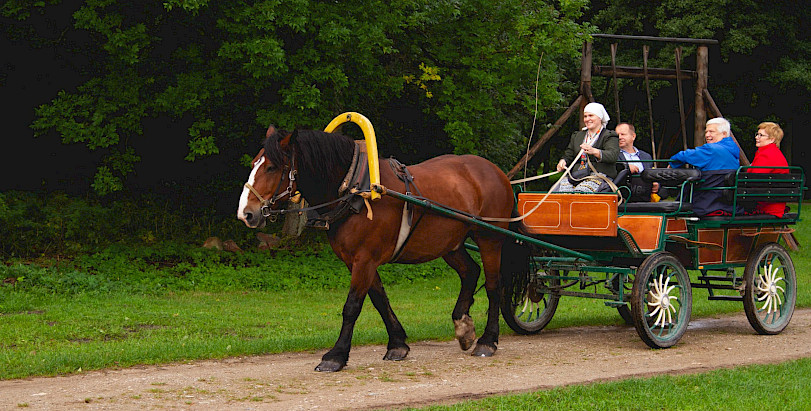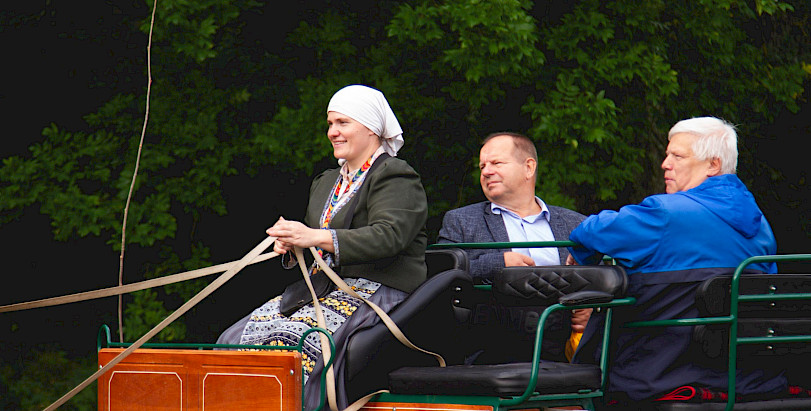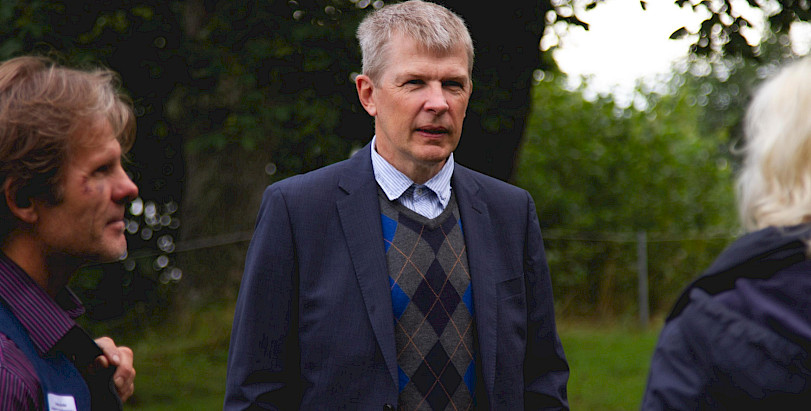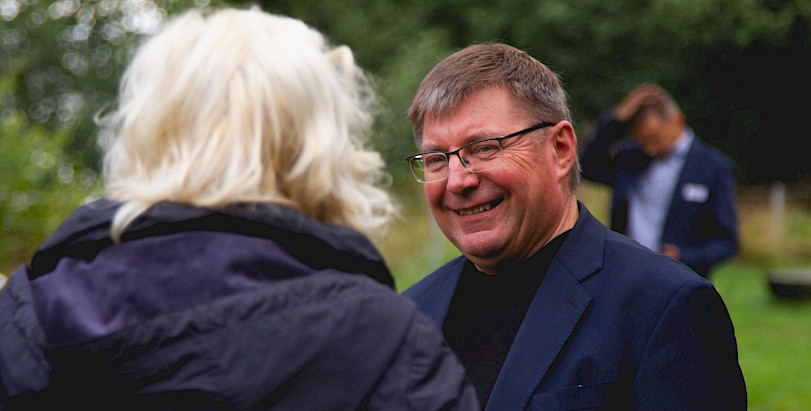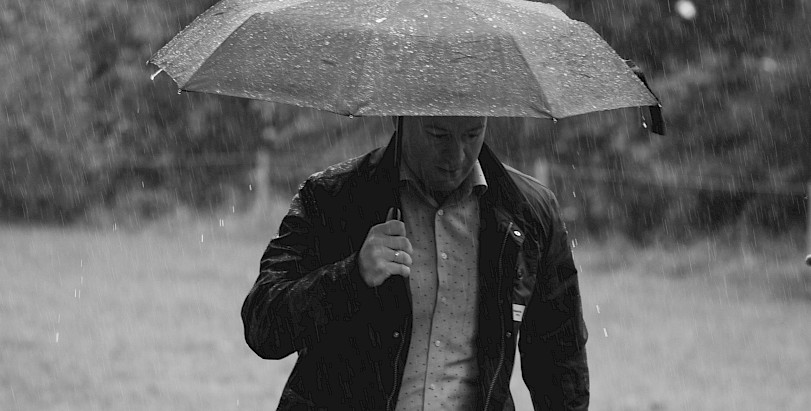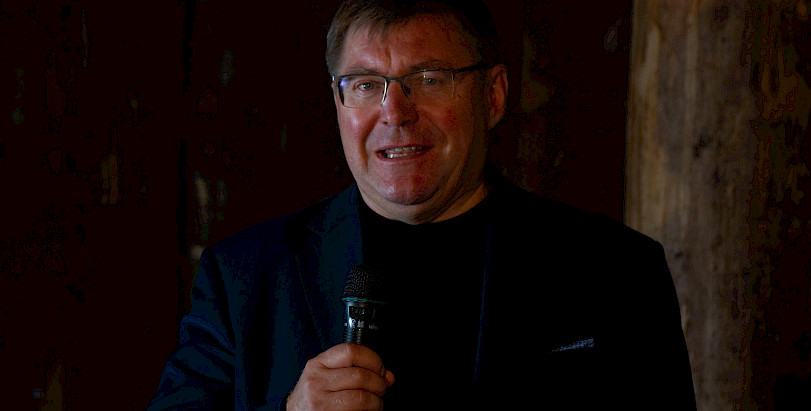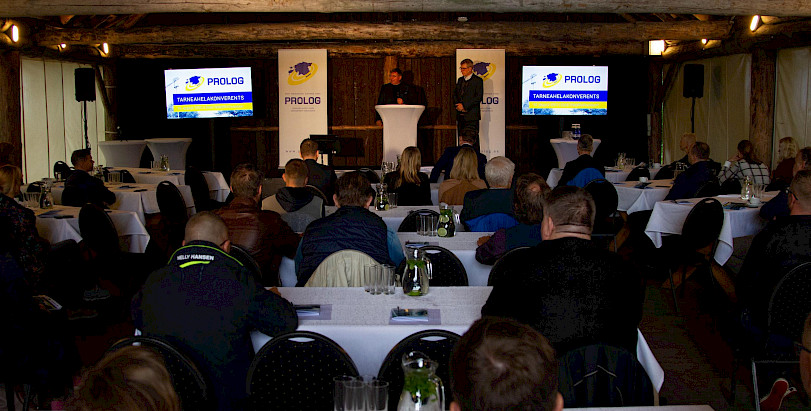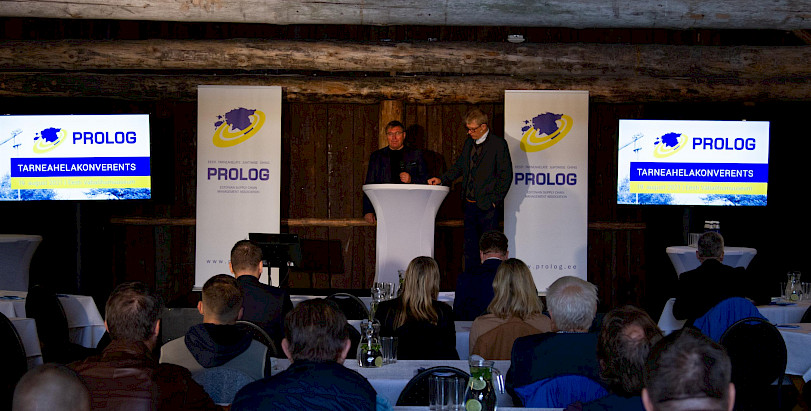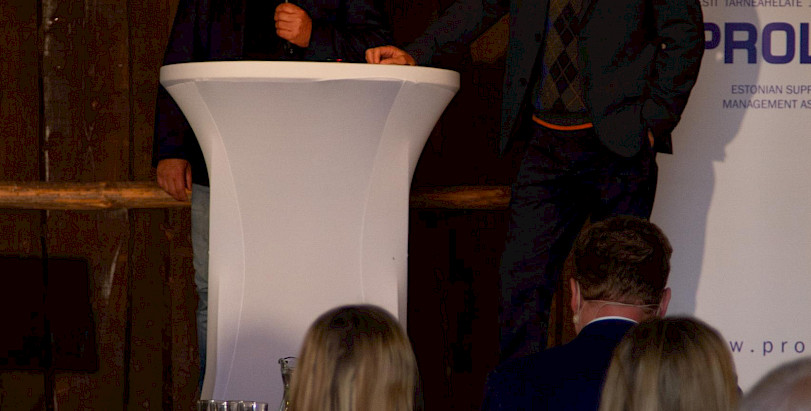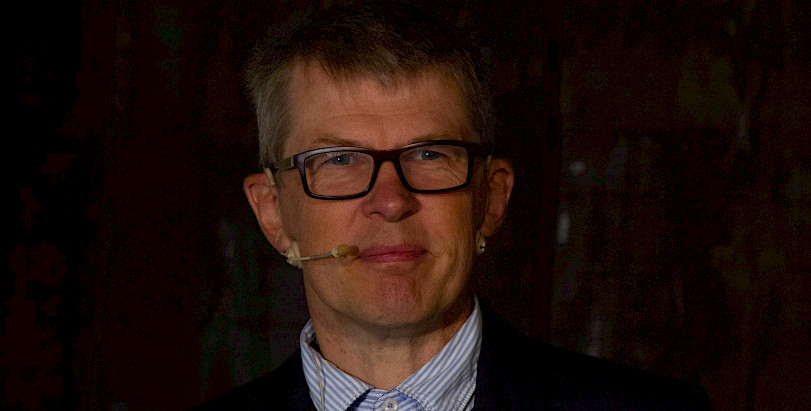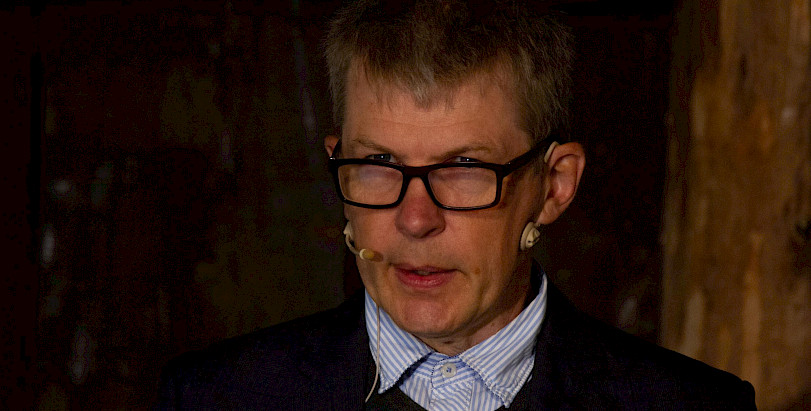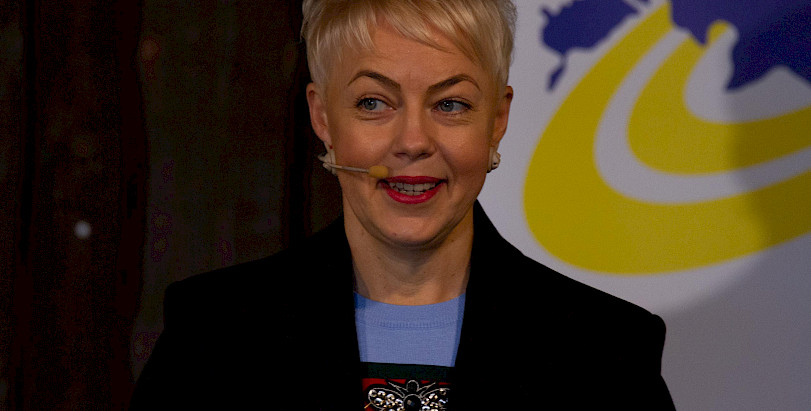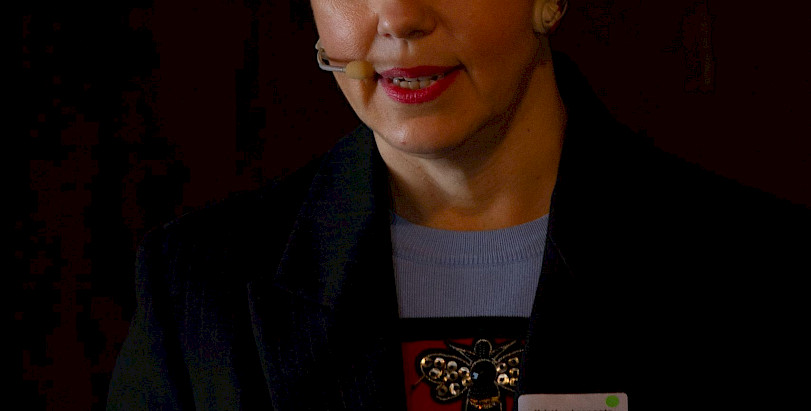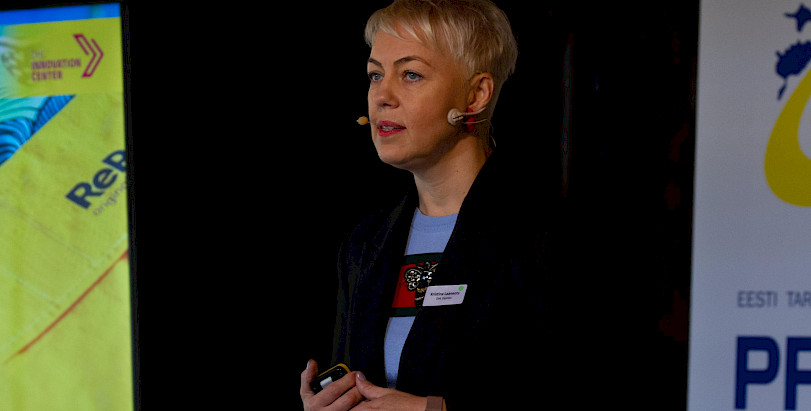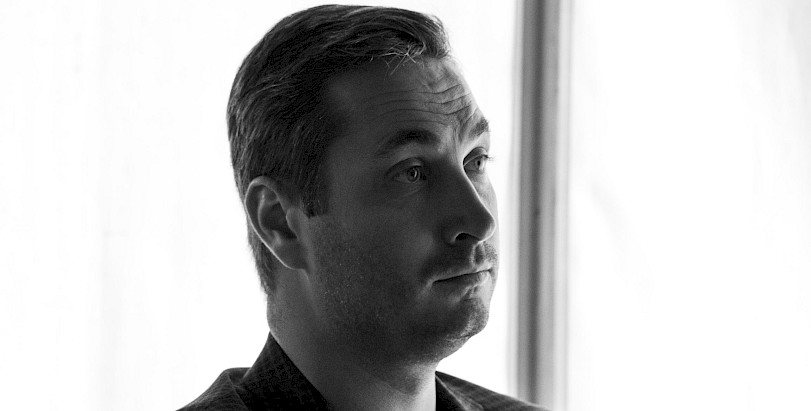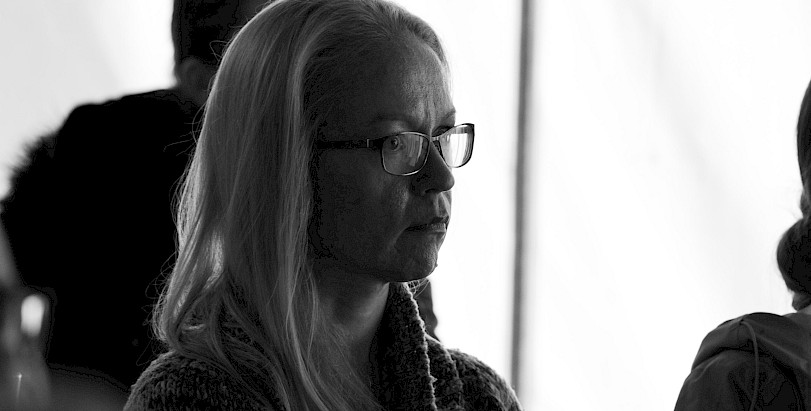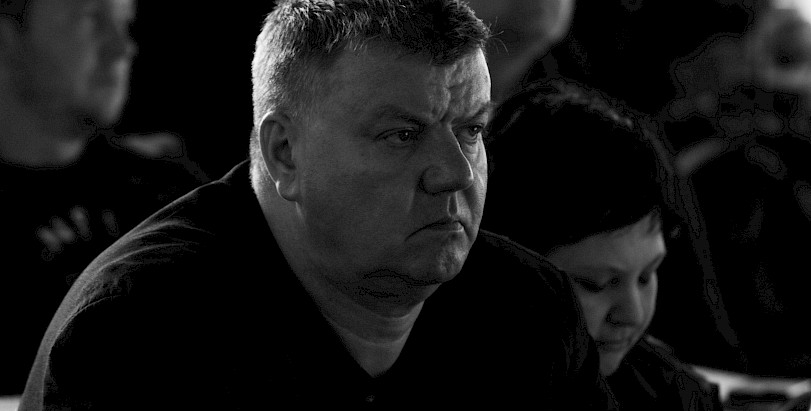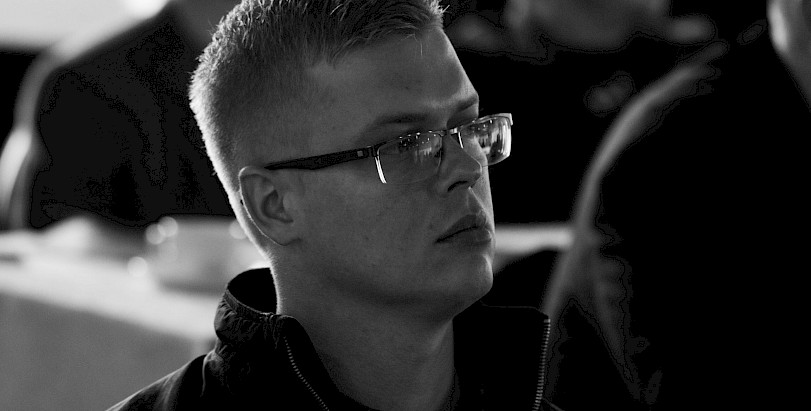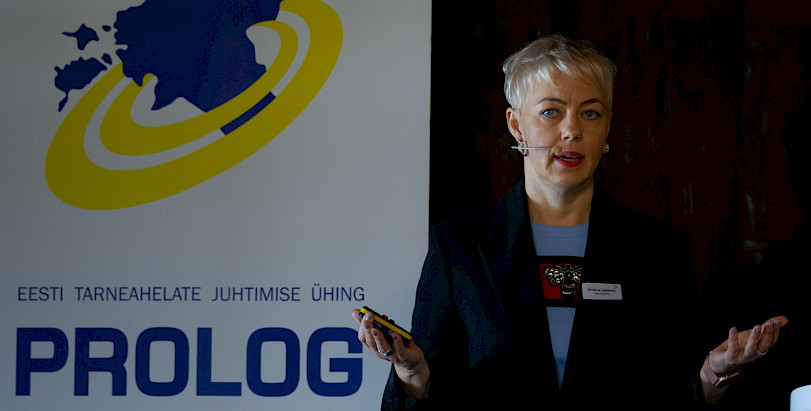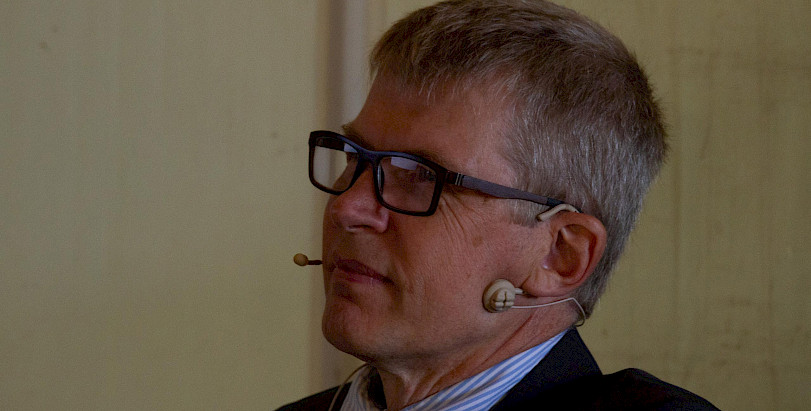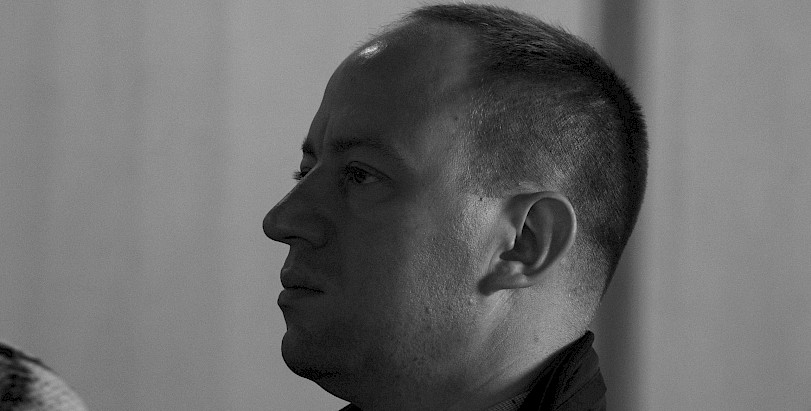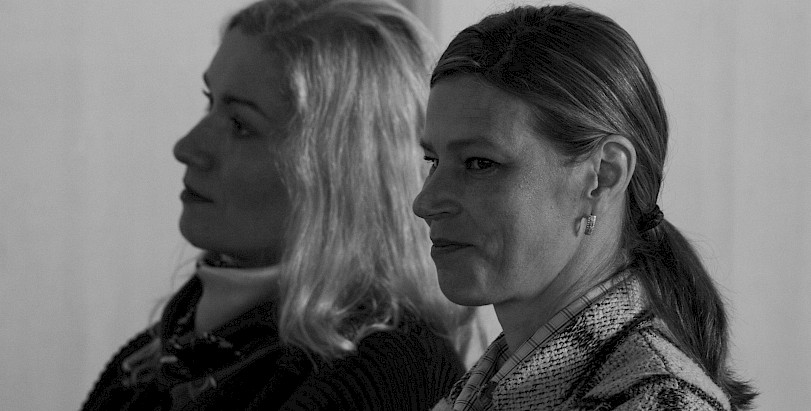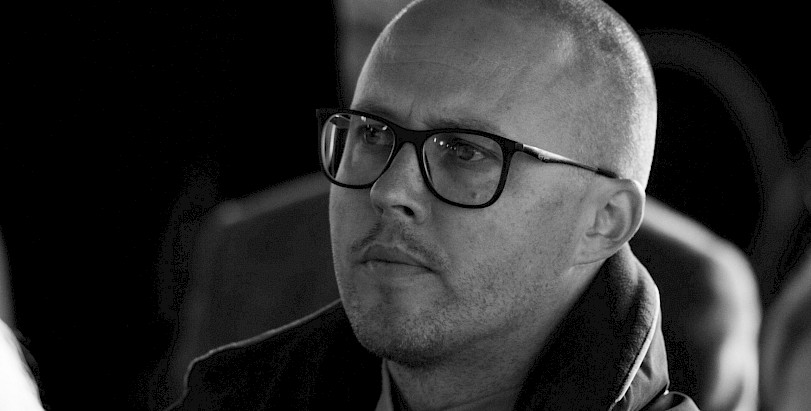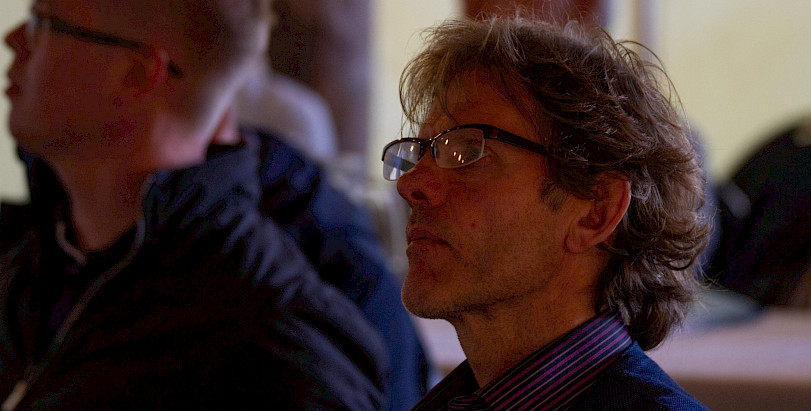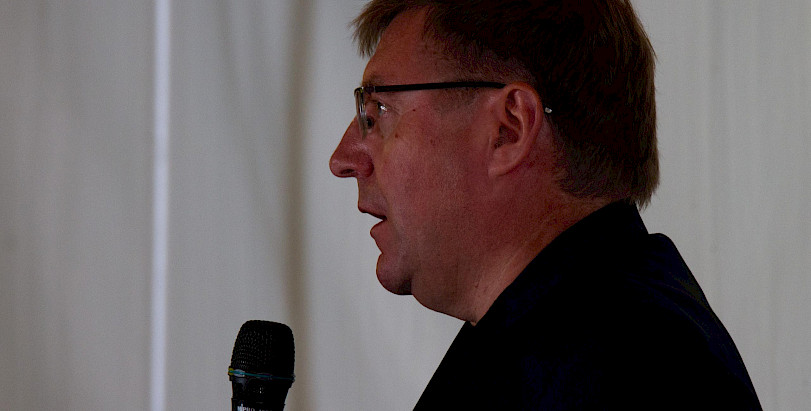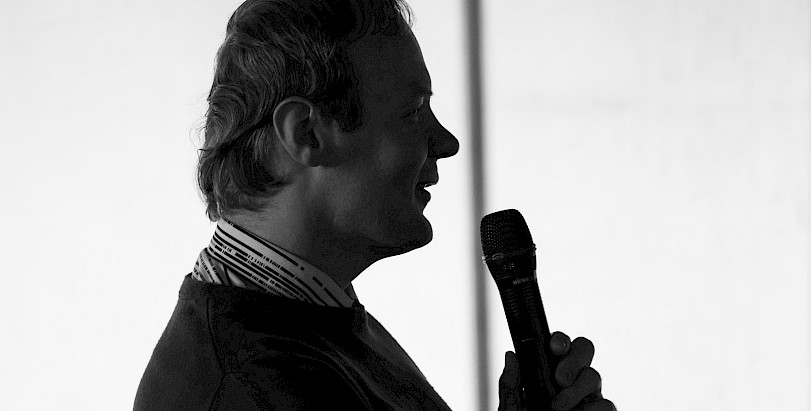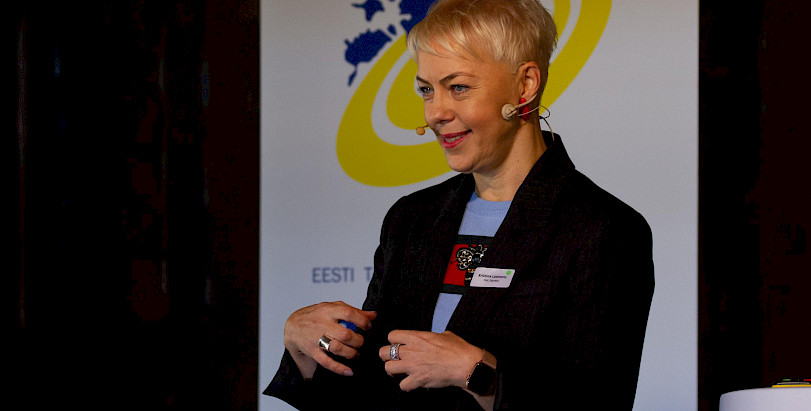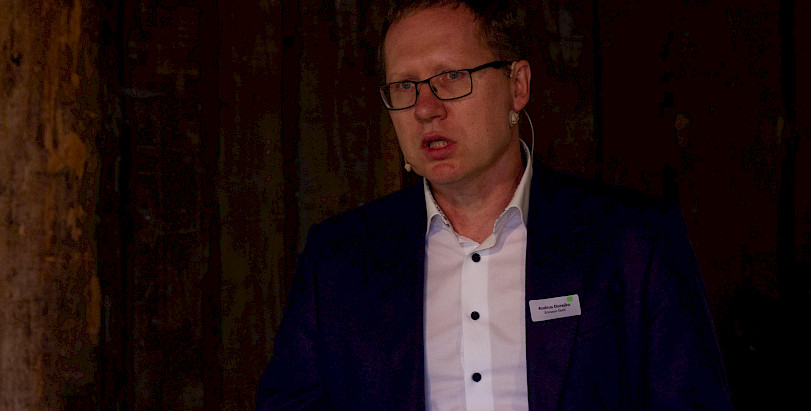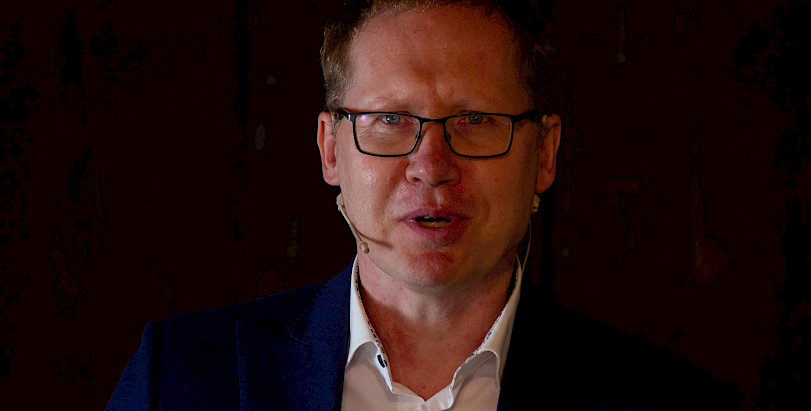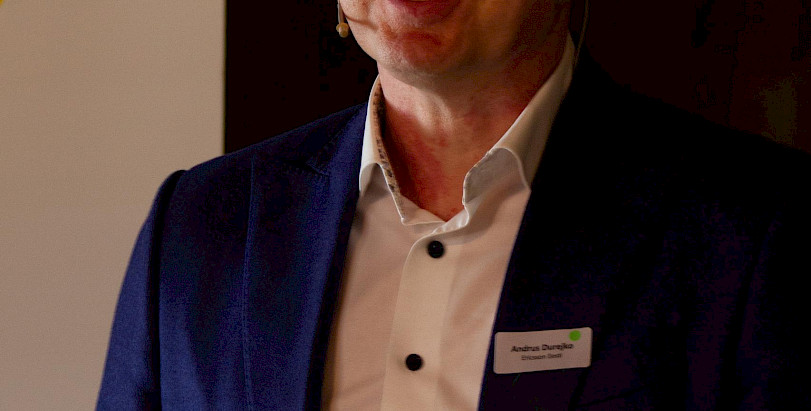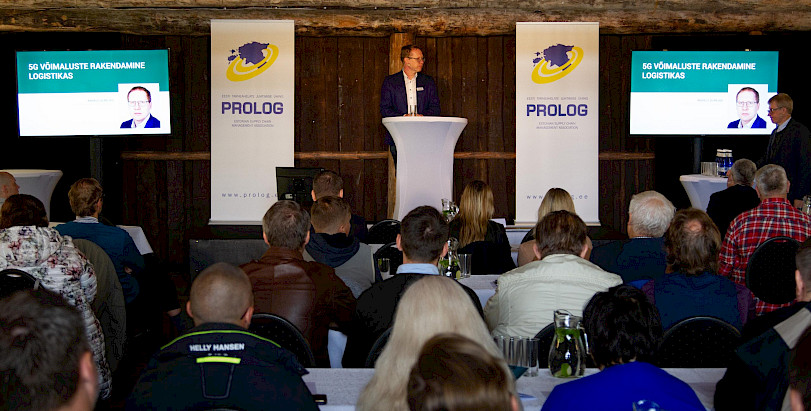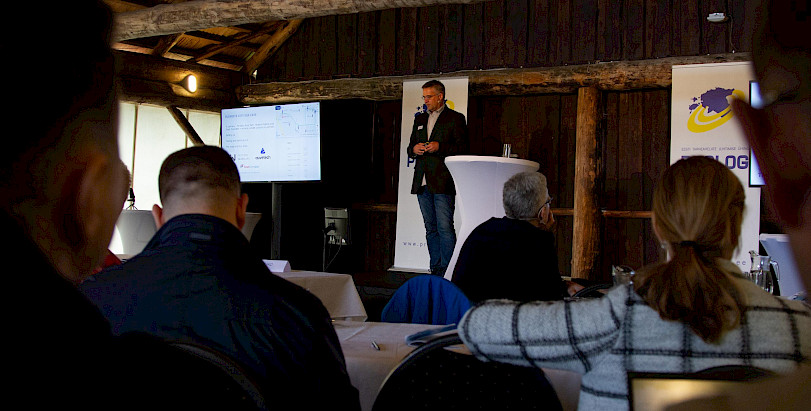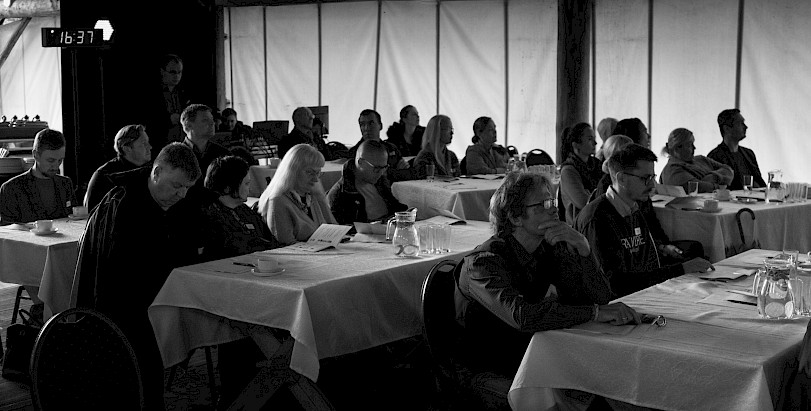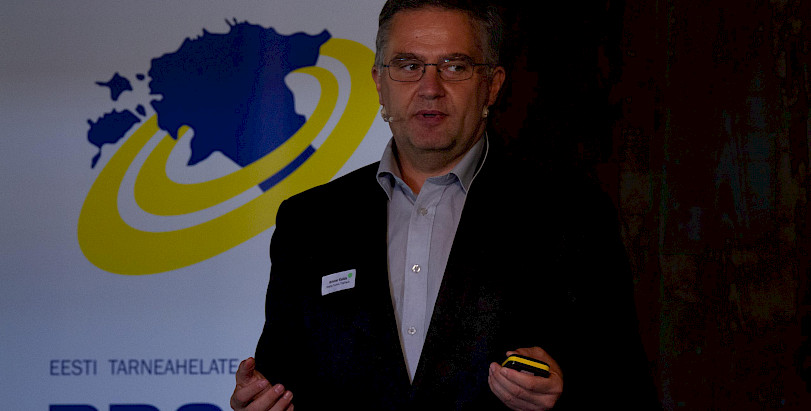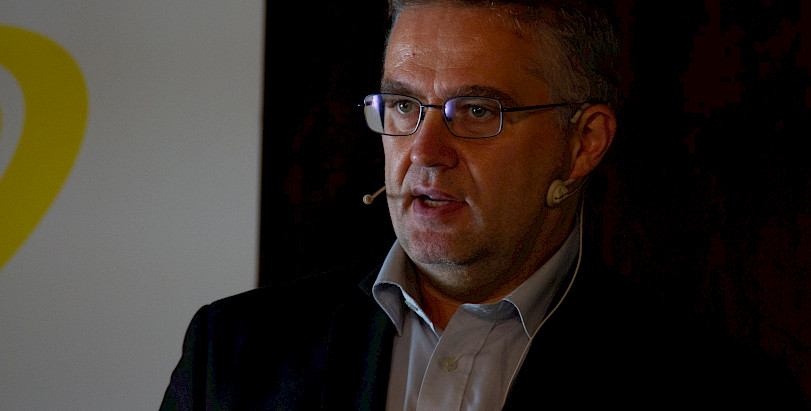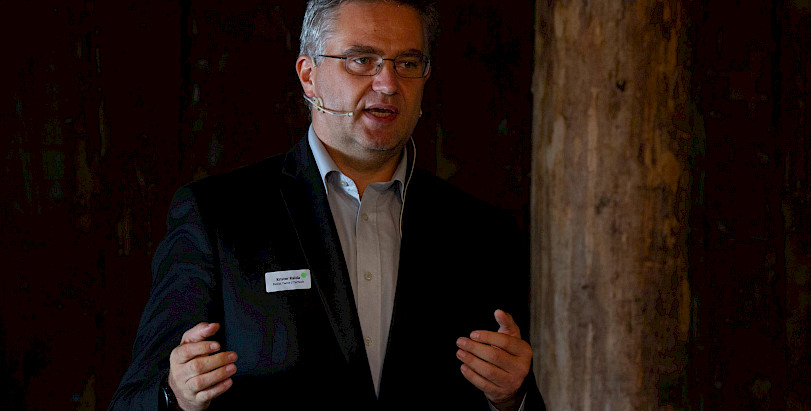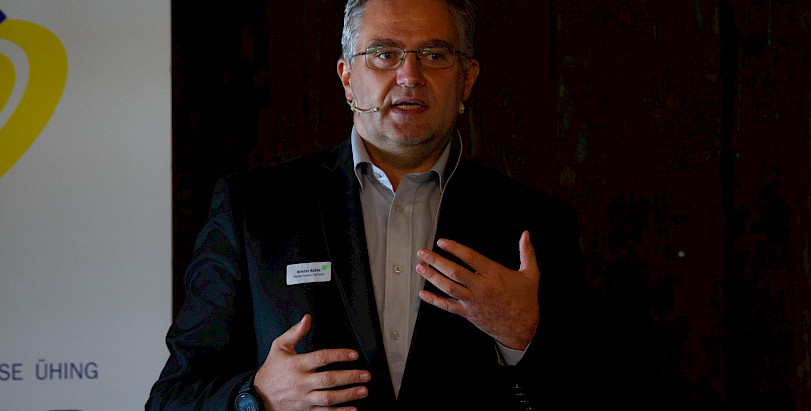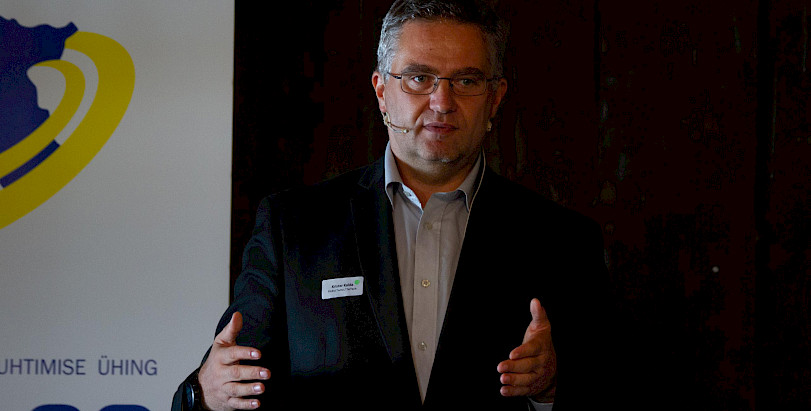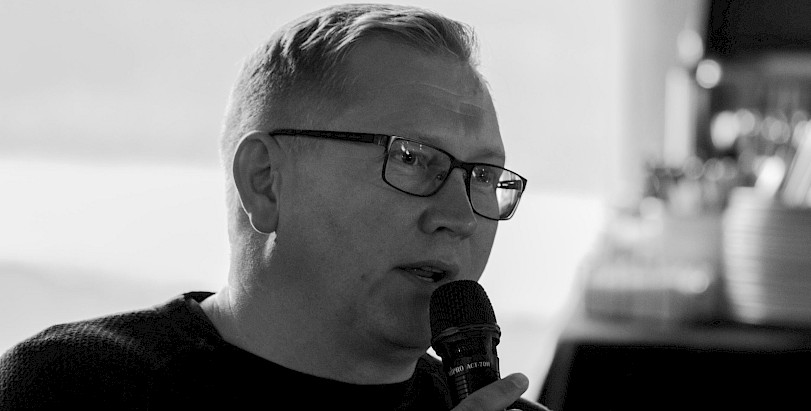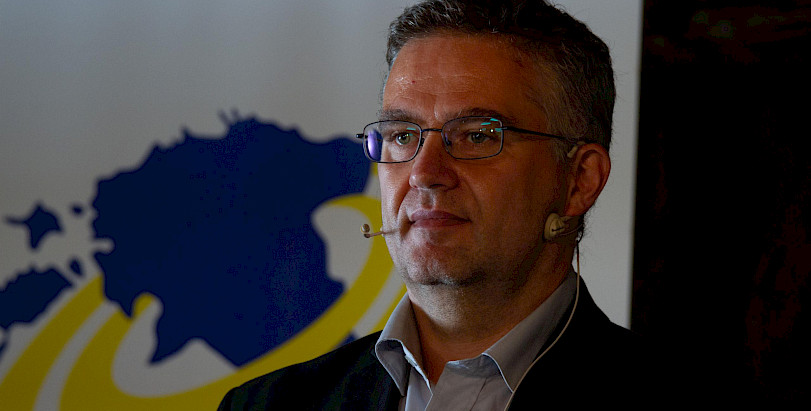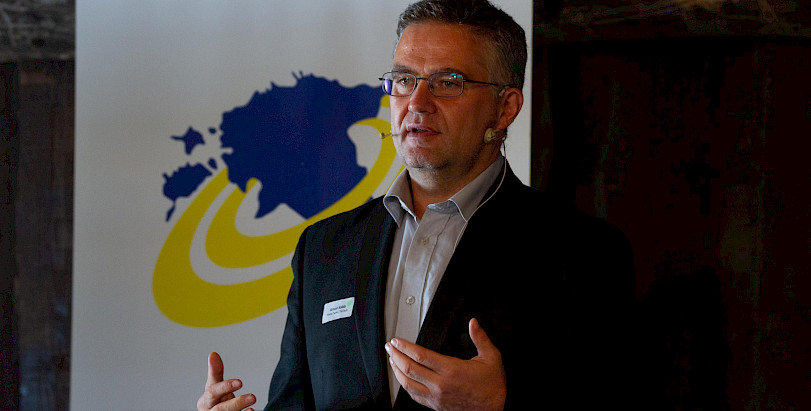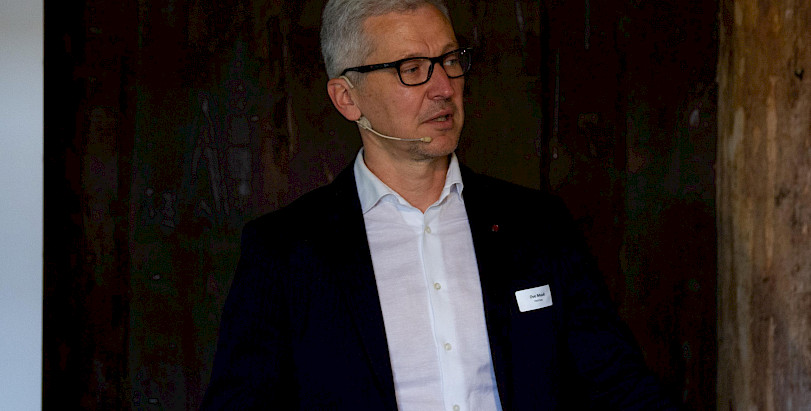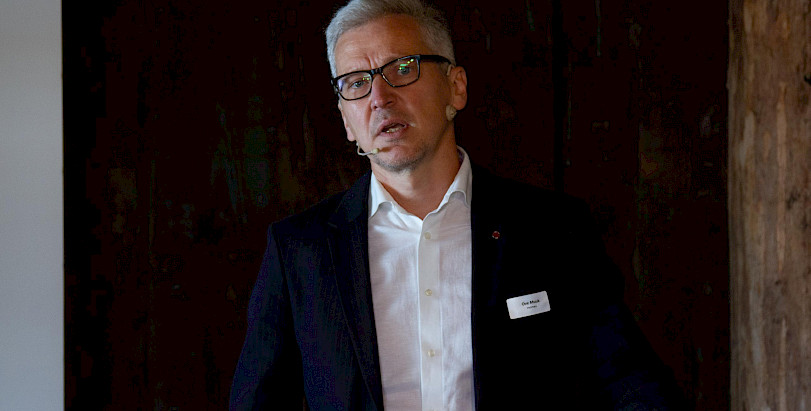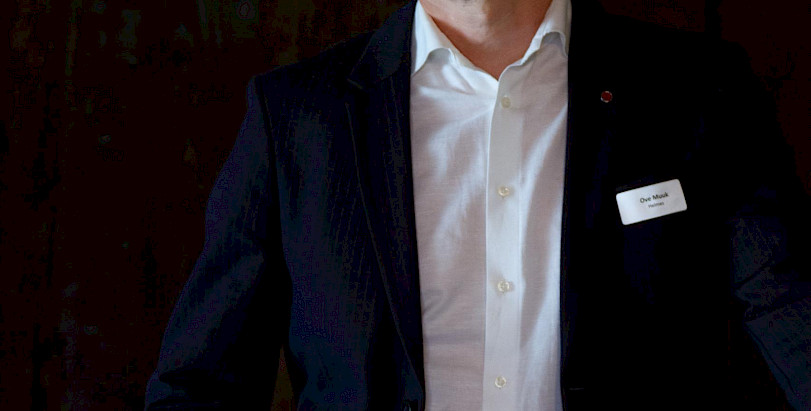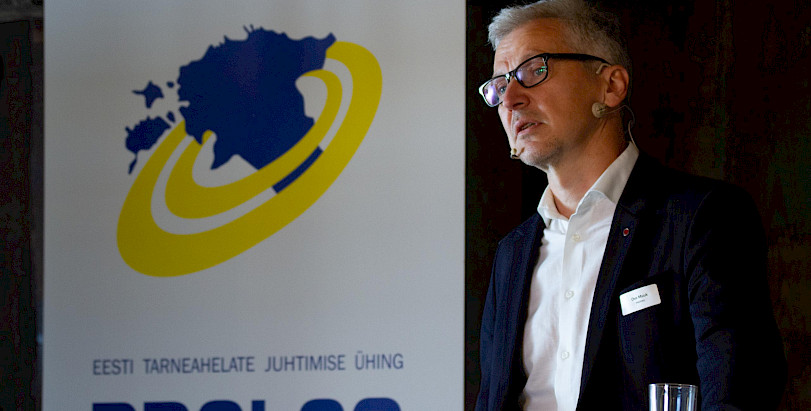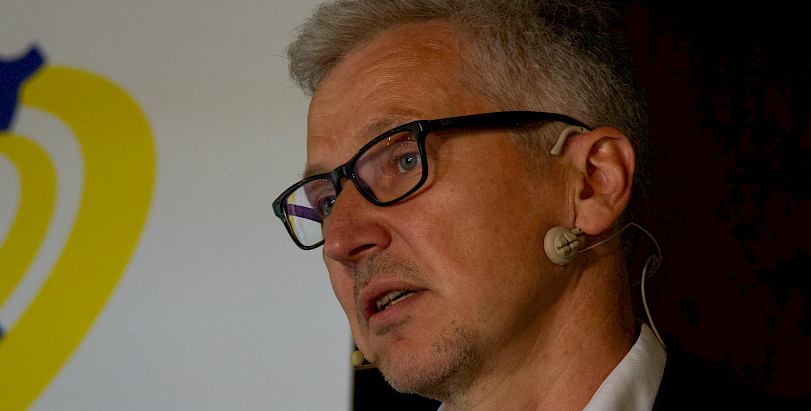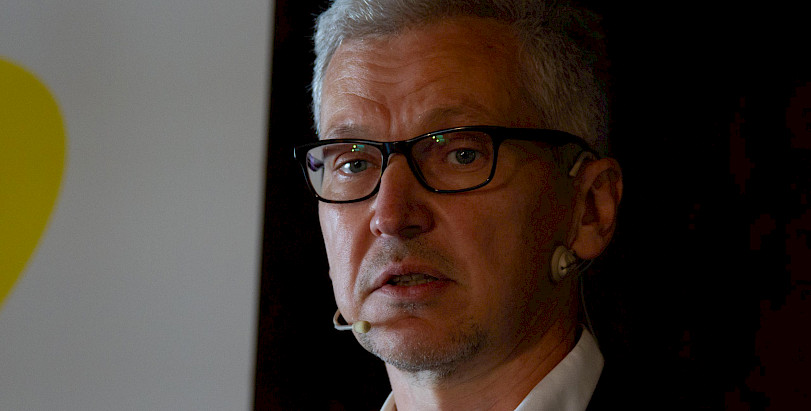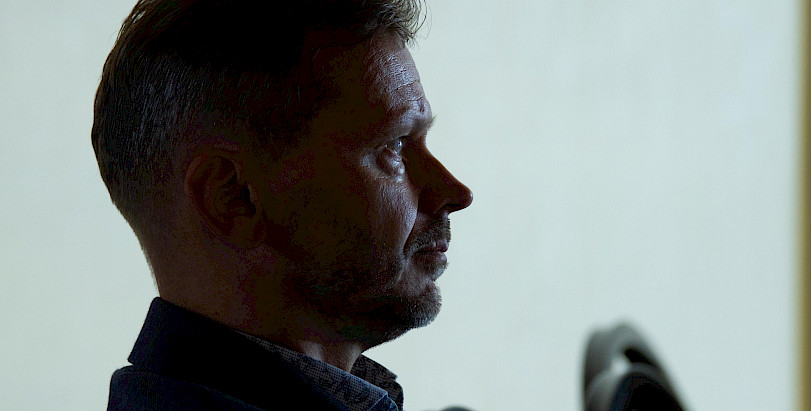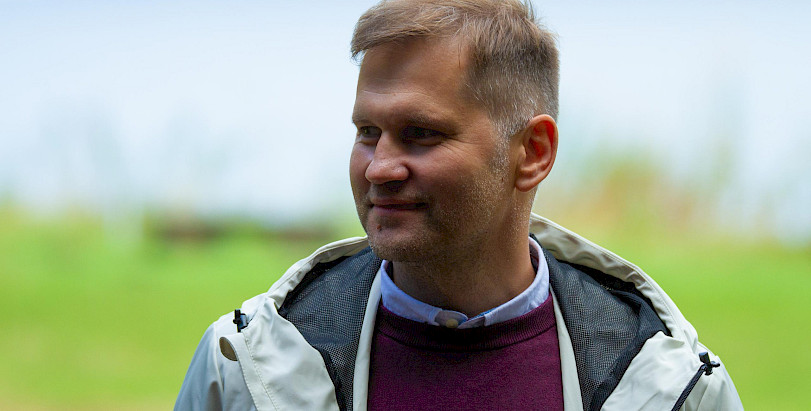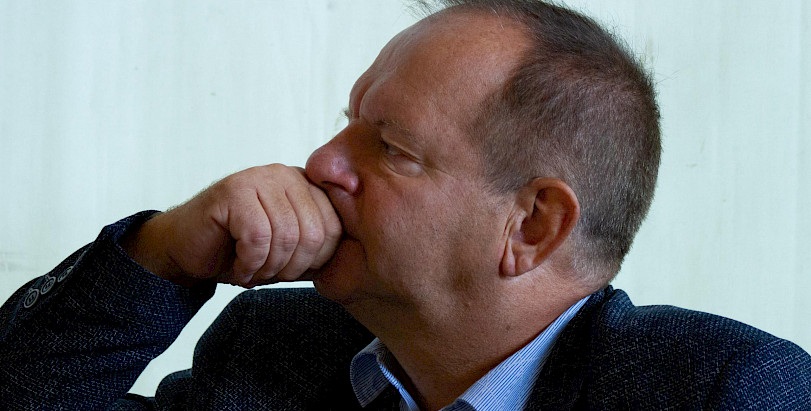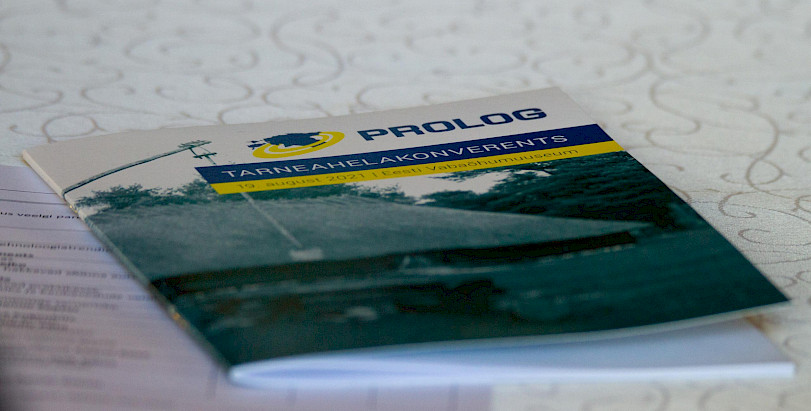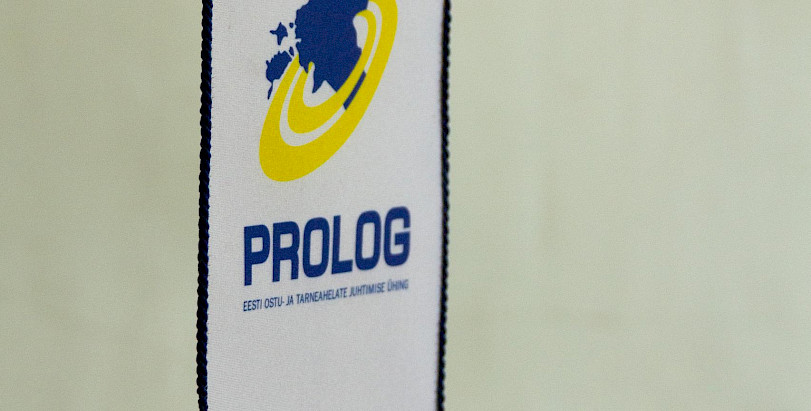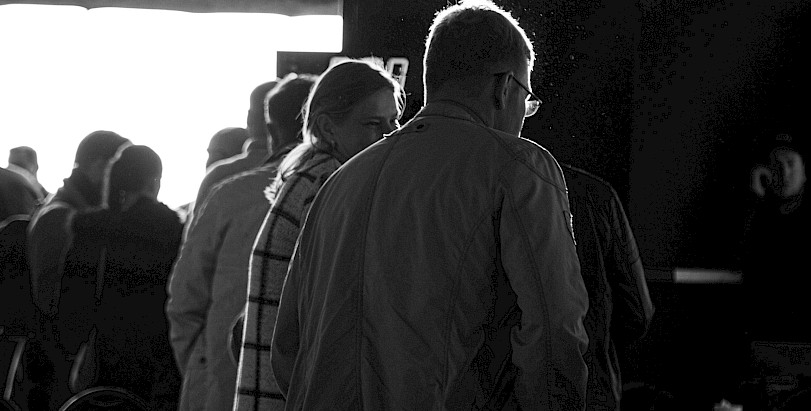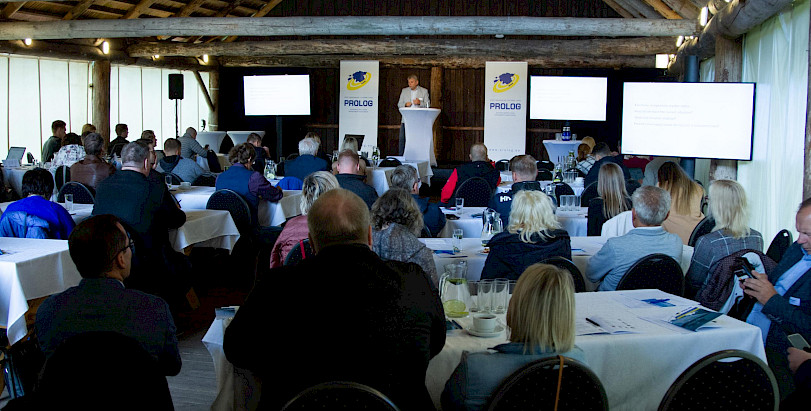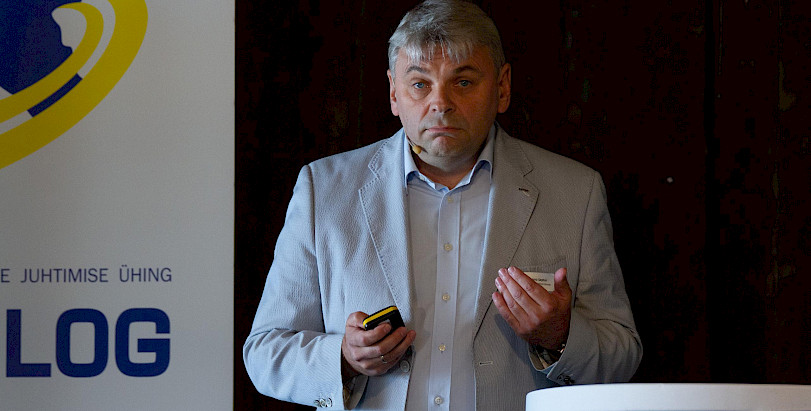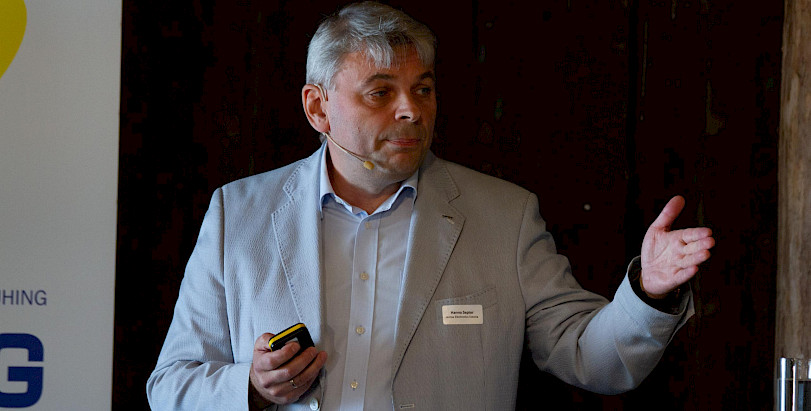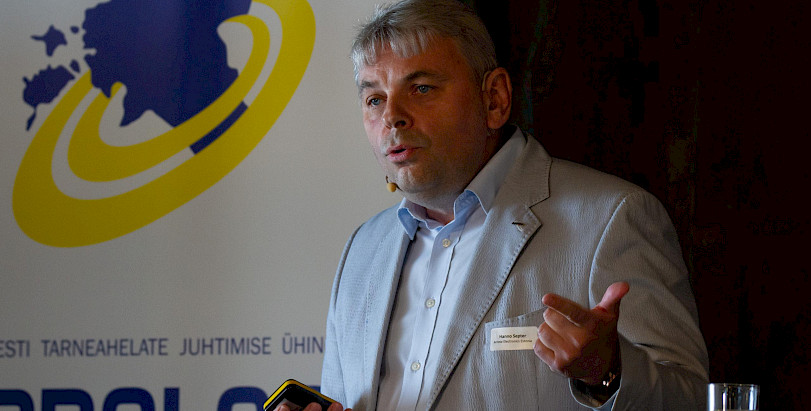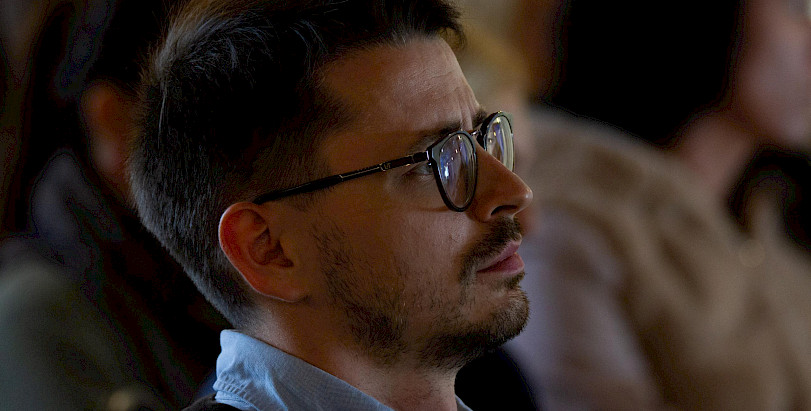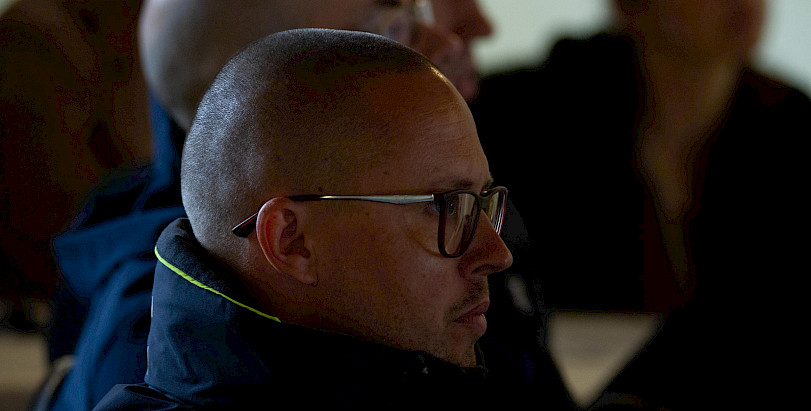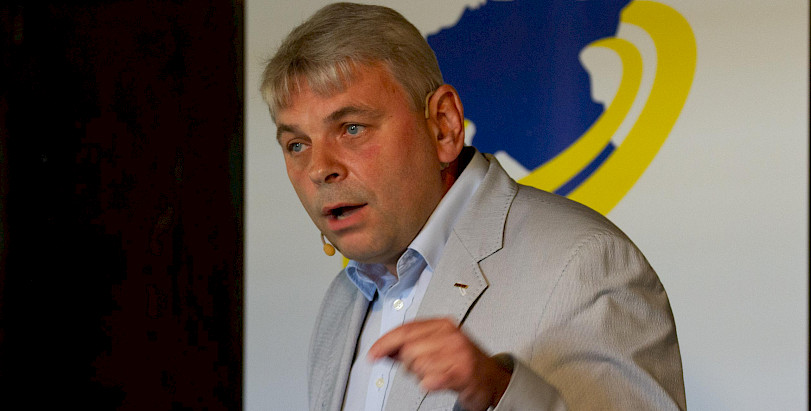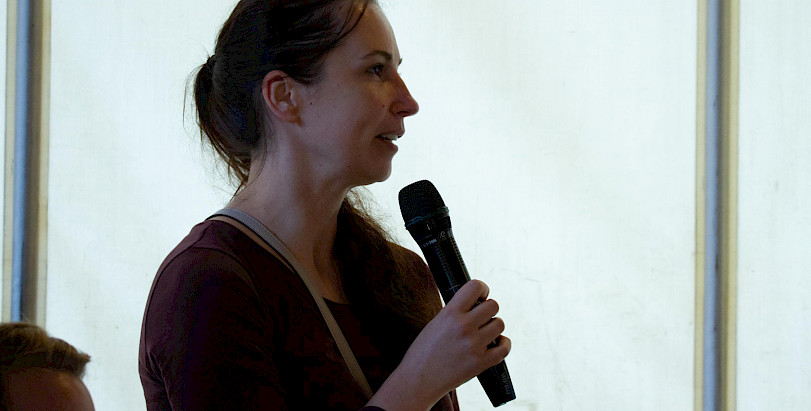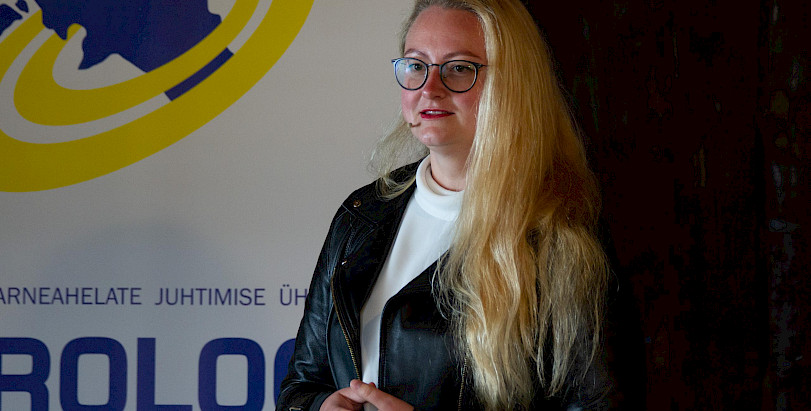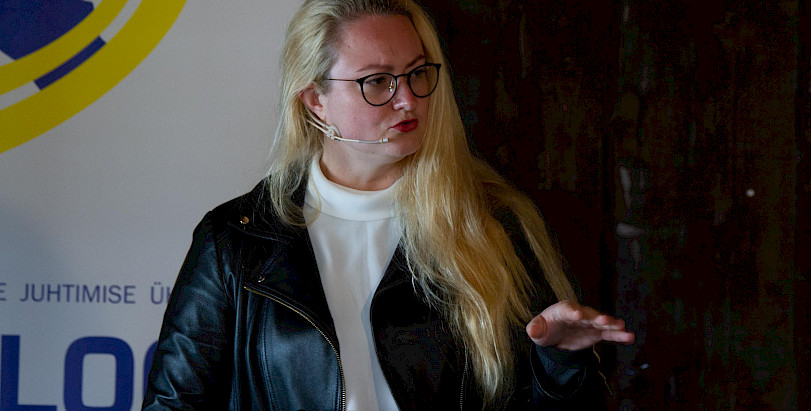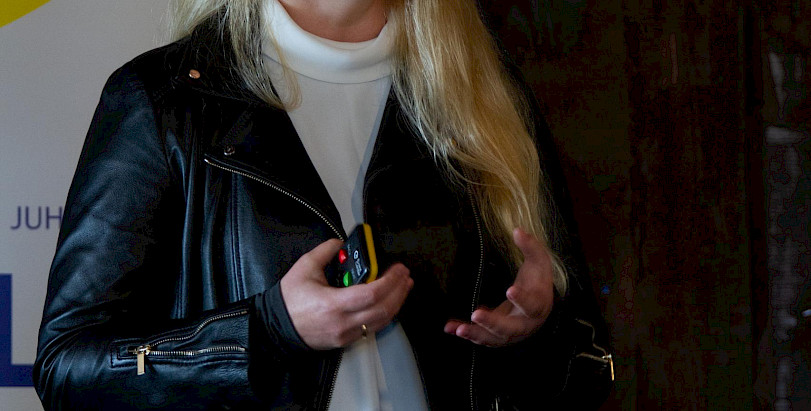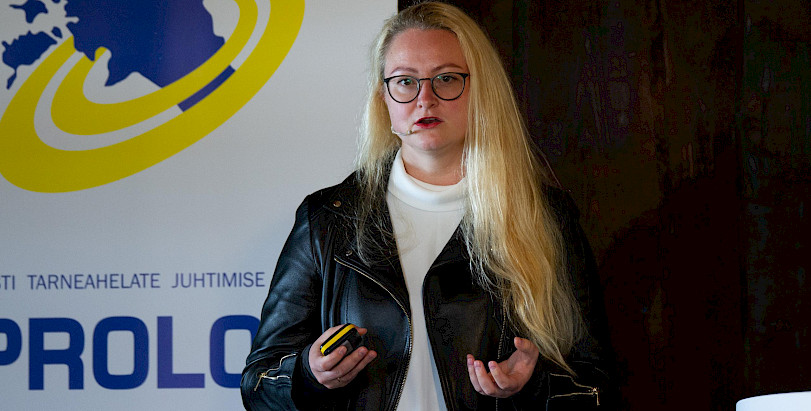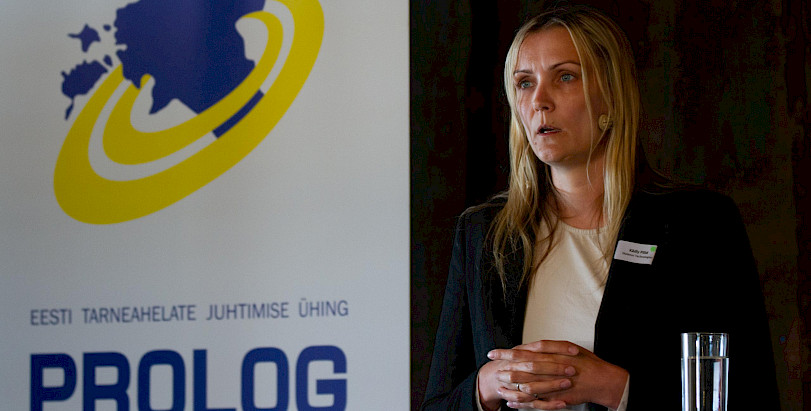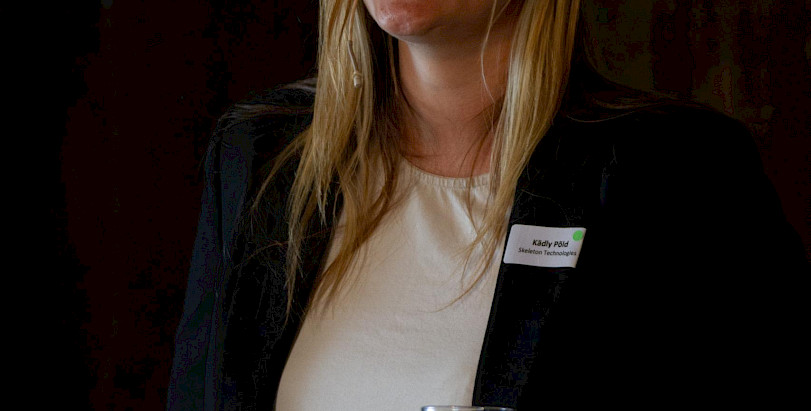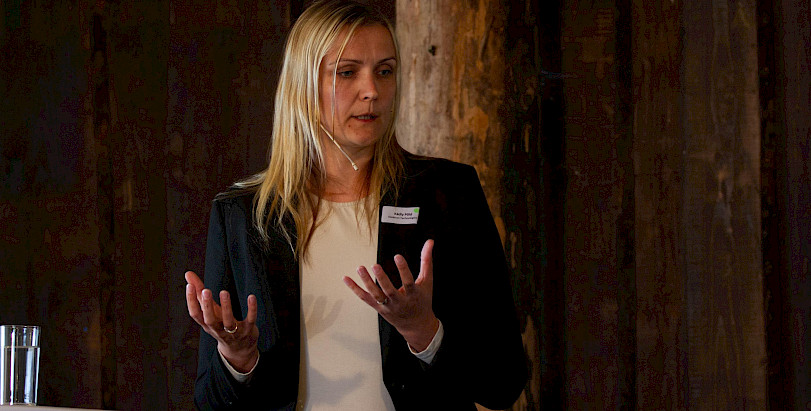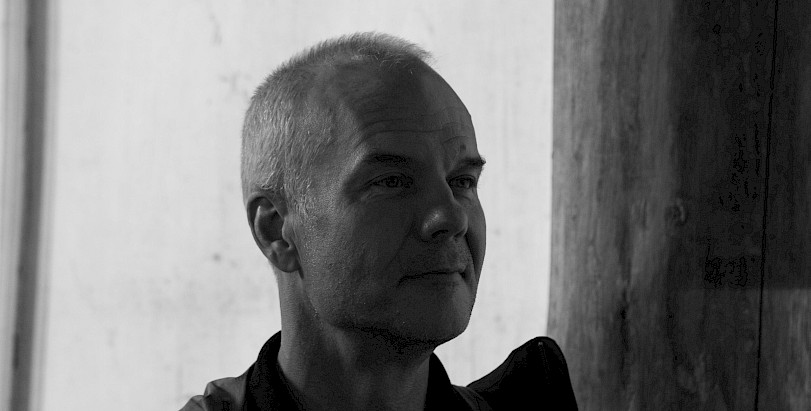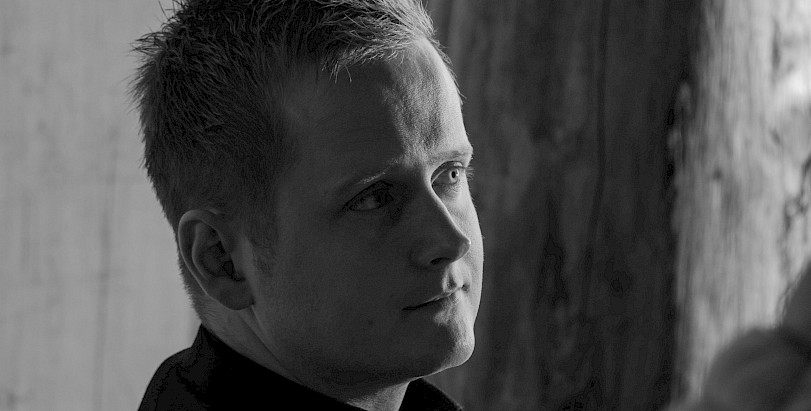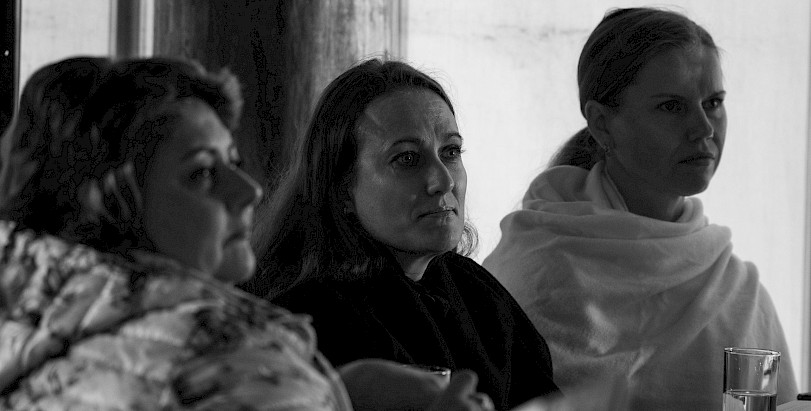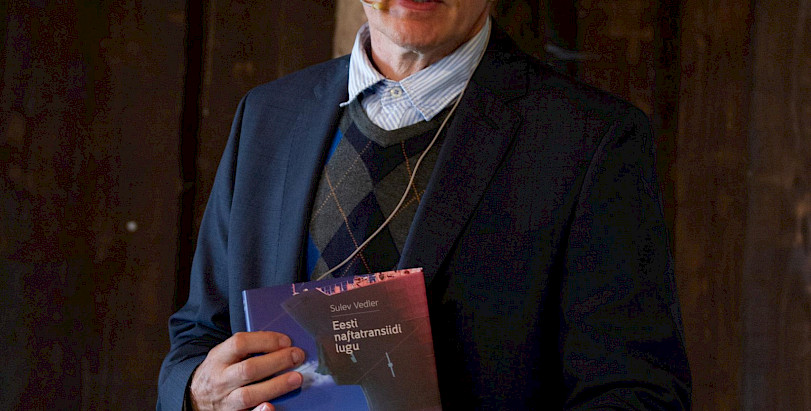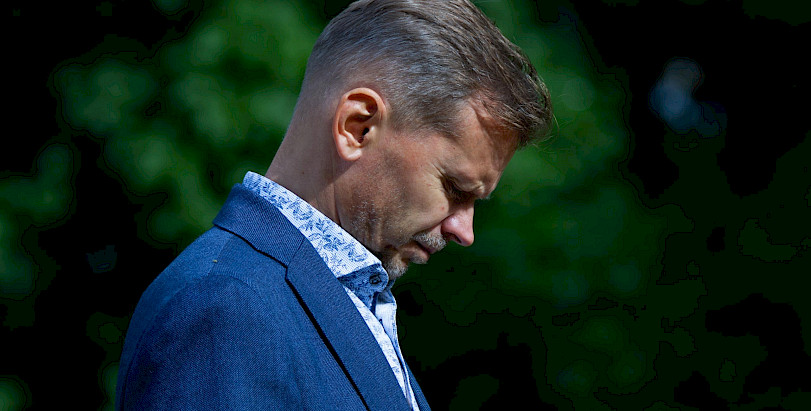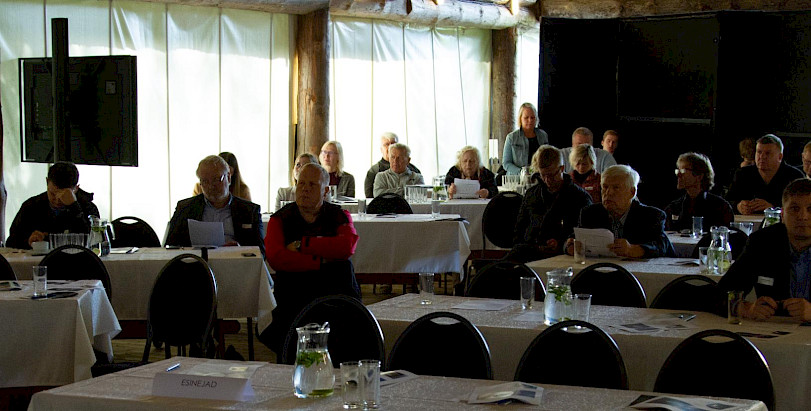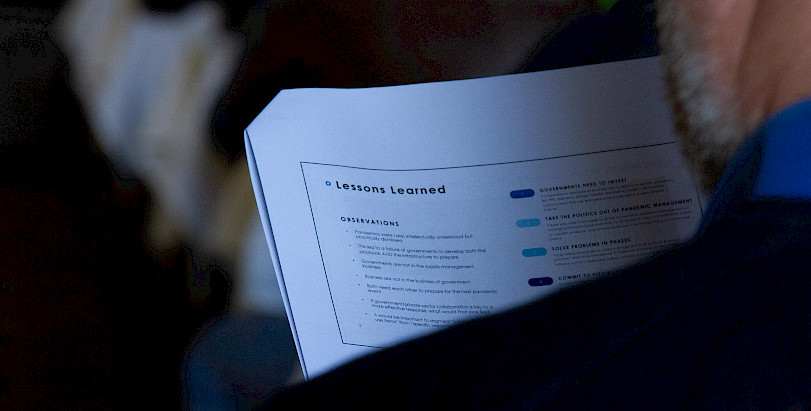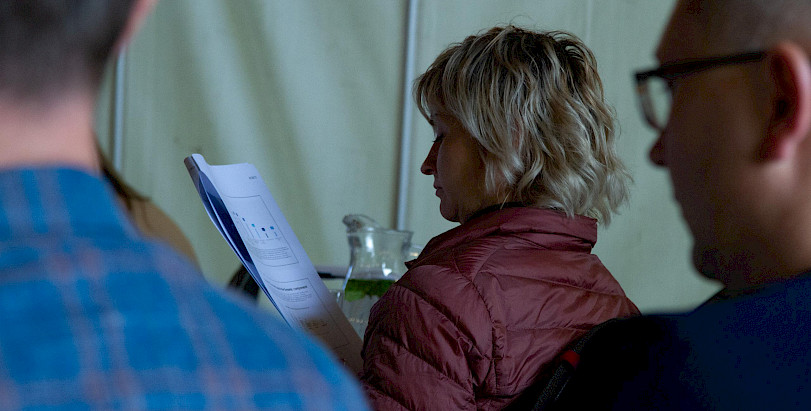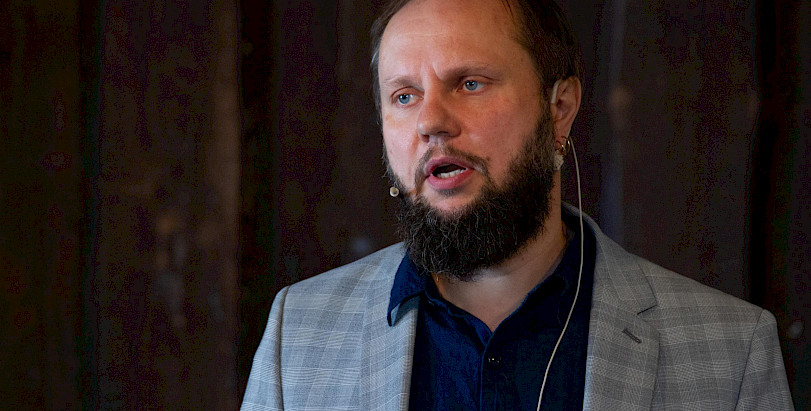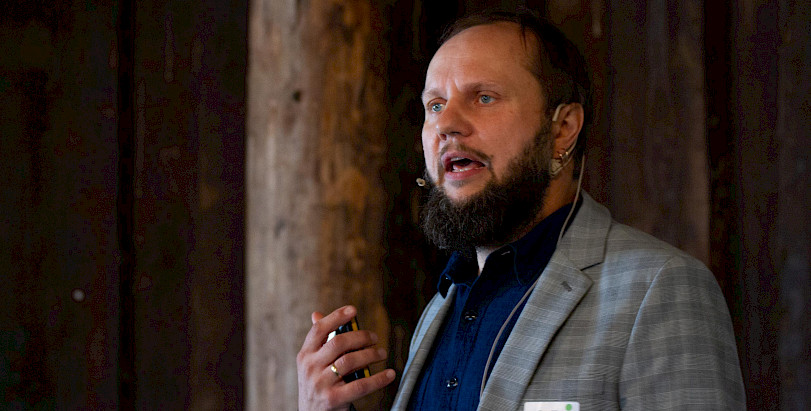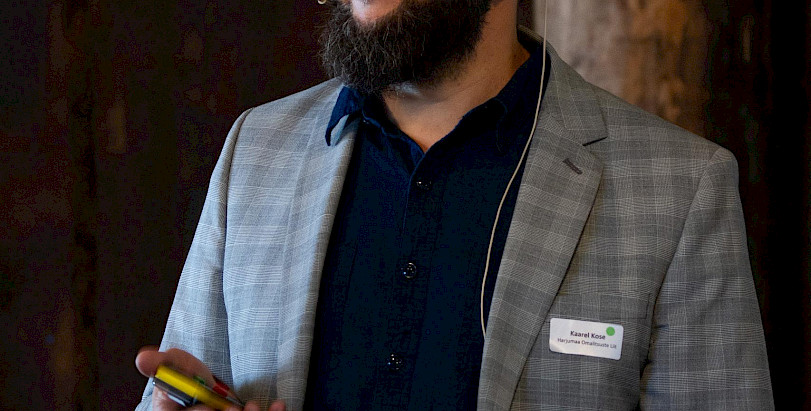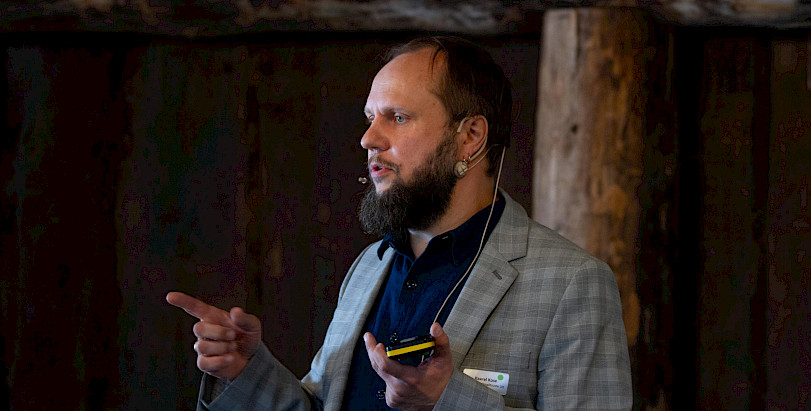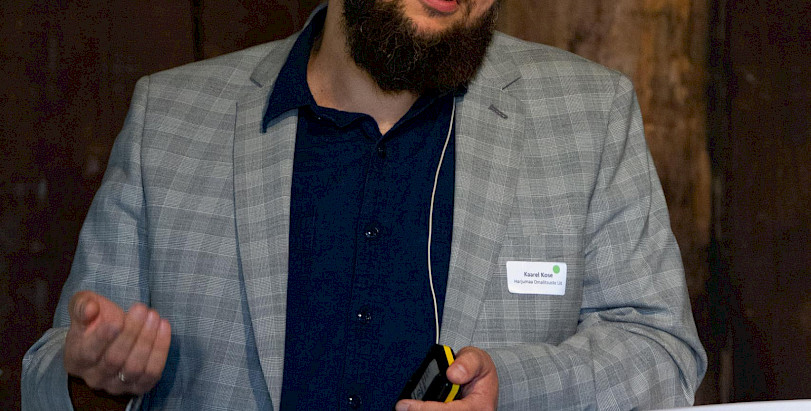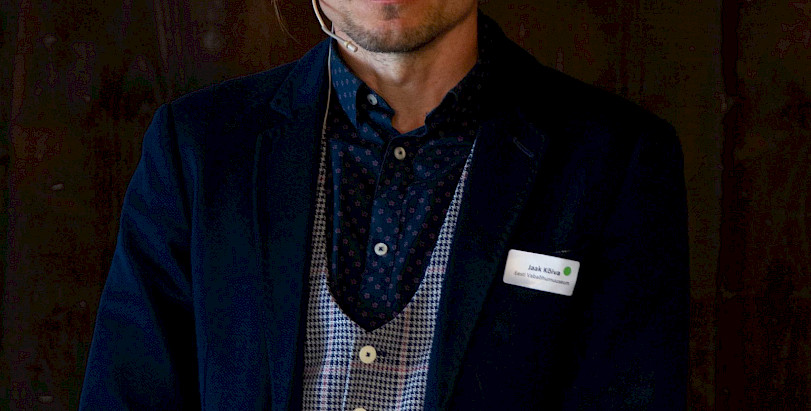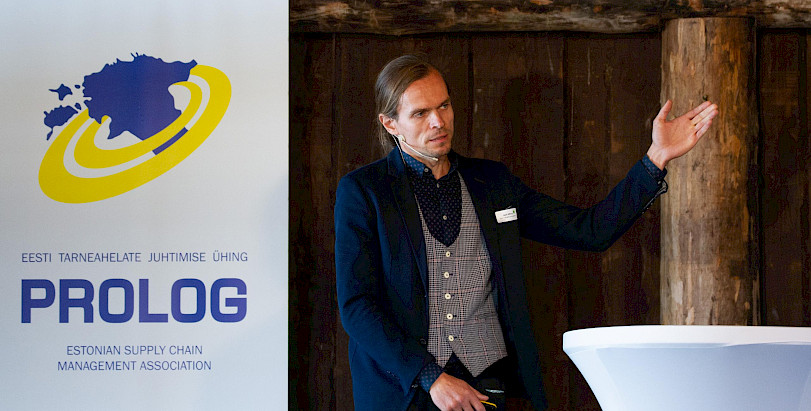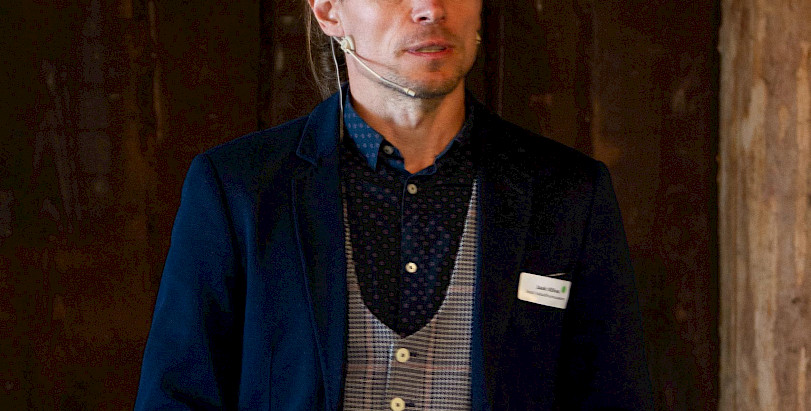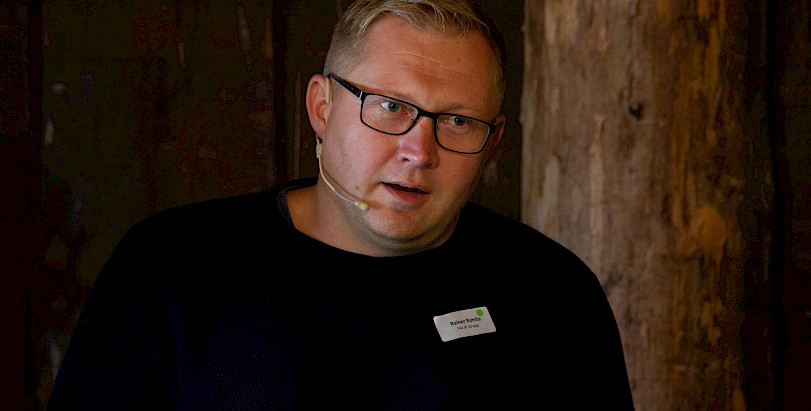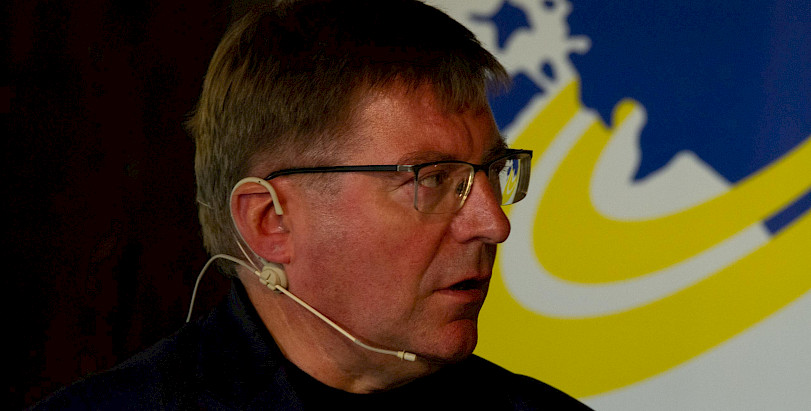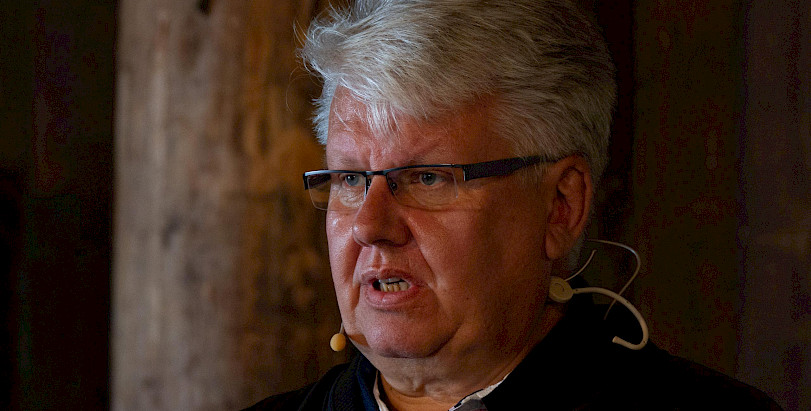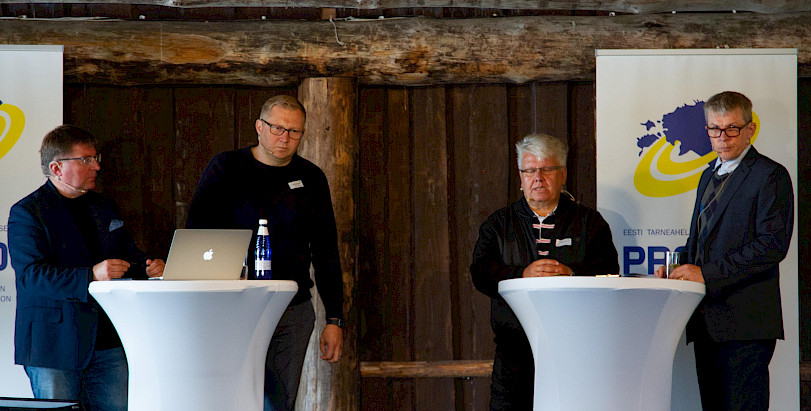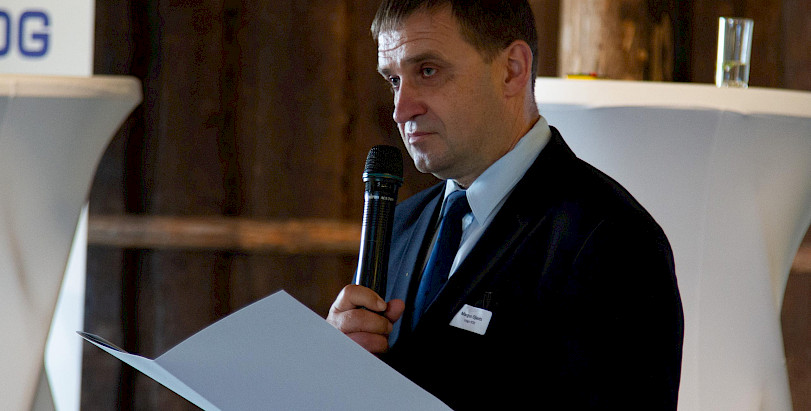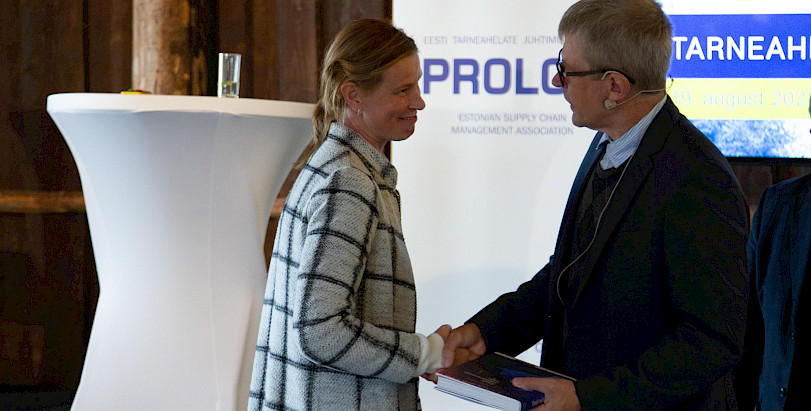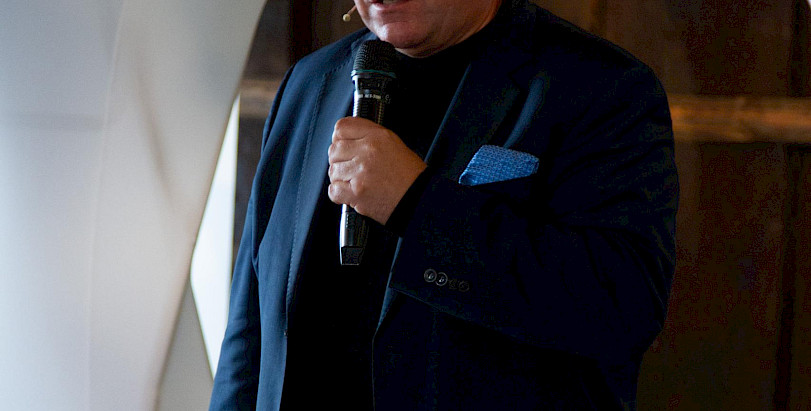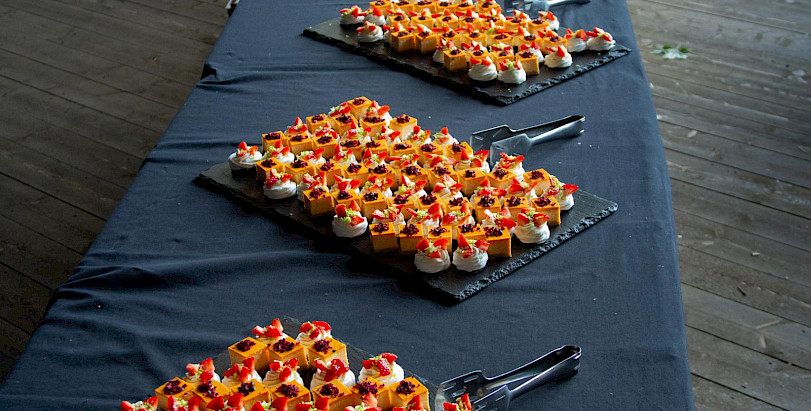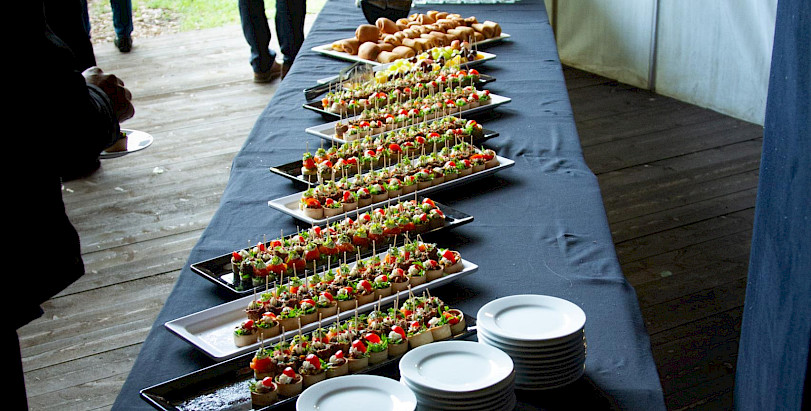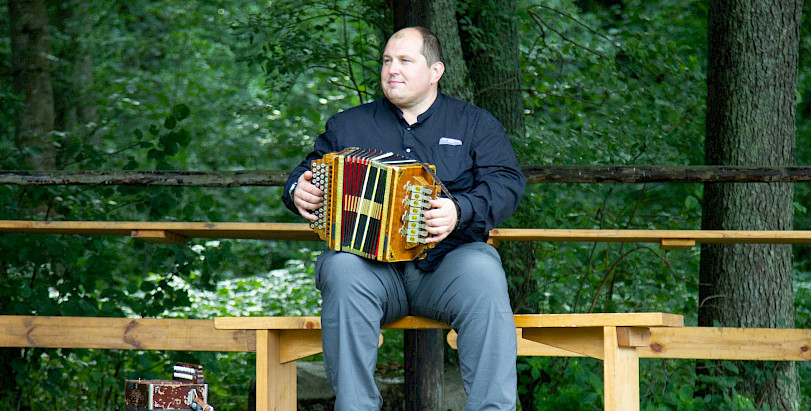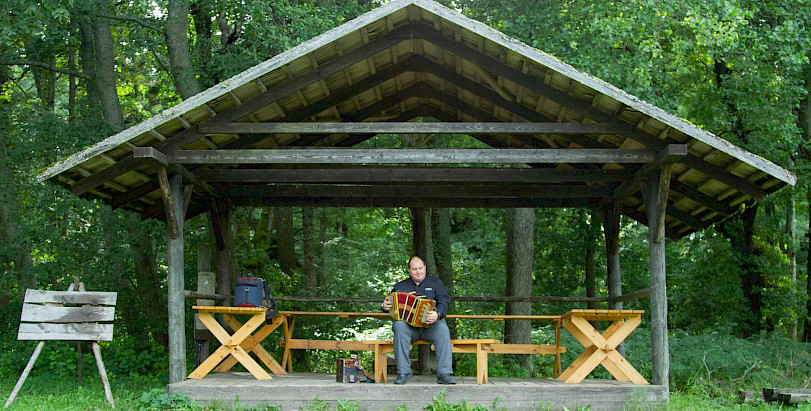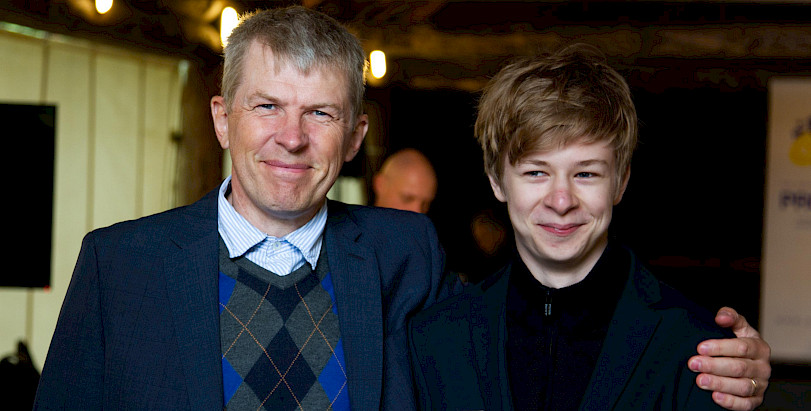- Archive
- PROLOG SUPPLY CHAIN CONFERENCE 2021
PROLOG SUPPLY CHAIN CONFERENCE 2021
19. august 2021 | Estonian Open Air Museum
Dear PROLOG Supply Chain Conference attendee
It is a great pleasure to meet you again. It's been almost a year and a half since our last conference, and the intervening period has been a tremendous challenge in logistics and supply chain management. the conference in February 2020 ended with PROLOG's anniversary celebrations. We had barely got up from the banquet when we - I believe all of us - had to start finding solutions to secure supplies and somehow keep the business running in the confusion of the pandemic that has hit the world. The intervening year and a half has brought changes that at first may have seemed temporary, but many of them are here to stay.
It's good that we still have the opportunity to meet face to face again today and share experiences of how we have operated in extraordinary circumstances. We can discuss today what has gone wrong and where we can do better. We look at the trends that are starting to shape supply chains and could serve us well in the near future.
The emergency has become the new reality and traditional beliefs in the procurement market no longer work. We are in a situation where we need new solutions more than ever before. You are not alone. Today we are here together to find solutions and to provide options that will allow us to operate in the new reality.
I wish you a good day and a useful conference
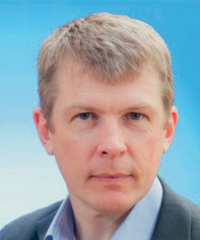
Peep Tomingas
conference moderator programme manager
Member of the board of the Estonian Supply Chain Management Association PROLOG
Programme

ESIMEES
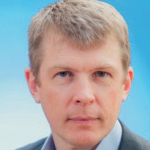
MEMBER OF THE PROLOG BOARD AND PROGRAMME MANAGER
TRENDS
DHL Trend Radar is the DHL Innovation Centre's exclusive annual overview of the business and technology trends shaping the future of supply chains and logistics. The pandemic has tested supply chains around the world and challenged the logistics industry how to cope with a situation where air traffic is non-existent, cross-border trade is hampered and panic buying is taking place around the world.
The latest Trend Radar focuses on trends that will help companies prepare for the new normal, because if your supply chain is the same as it was before the coronavirus, you're probably doing something wrong. For her presentation at the conference, Kristina Laaneots, CEO of DHL Express, has picked out the most important logistics trends from the Trend Radar, which if practised will help you to continue your business in today's environment.
She will also take a look at older Trend Radars and see how their predictions have materialised, and give examples of how they have changed her company's business.

DHL EXPRESS CEO
There is a lot of talk about 5G, but in reality we still don't know exactly what it will bring and what opportunities it will create, for example in logistics and supply chains. Andrus Durejko probably knows more than any of us. Ericsson has carried out a pan-European analysis of the benefits of building a 5G network in different countries. Sectors such as logistics, freight transport, public transport, etc. were included. At the conference, Andrus will talk about how much we stand to gain financially from 5G deployment, and where these benefits will come from in freight transport and logistics.

ERICSSON ESTONIA MANAGING DIRECTOR
Tallinn University of Technology, in collaboration with Silberauto, built Estonia's first (Europe's third) self-driving car already in 2018. However, its presentation to the public on the 100th anniversary of the university was only the first step. Today, the car has been further developed, as well as the whole conceptual idea of how to implement the self-driving car in a world with existing and slowly widening restrictions on self-driving vehicles for the benefit of us all. There are a number of pilot projects underway which will best inform what is actually happening in this area (including how people feel about the issue and where they see the most application for self-driving at the moment). The presentation will focus on building this bigger picture and broader view.
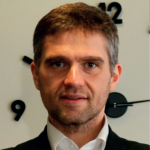
FINEST TWINS PROJECT MANAGER (TALTECH)
Krister Kalda is a project manager in the Smart City Centre of Excellence, a researcher in the Laboratory of Self-Driving Vehicles and a PhD student in the Faculty of Mechanical Engineering at Tallinn University of Technology. Since joining the university almost 4 years ago, the first few years of his work were related to international business relations, but after his master's degree in digitalisation, he has moved from administrative work to academic work within the university, and in particular to innovation development topics in smart city logistics. At the moment, I am leading a number of Horizon projects and research and, of course, writing research articles based on them.

AS HELMES PARTNER / ITS ESTONIA LOGISTICS AND FREIGHT FORWARDING MANAGER
Ove Muuk has been involved in the development and change management of technology products and services in various business areas - in the financial world from international banking to leasing factoring services in the SEB Group, in telecom services as IT Director of Tele2 Estonia and Head of Billings for the Baltic region, and over the last decade as a partner of Helmes creating IT solutions for many different companies. Through Helmes' clients, he became interested in the broader issue of digitalisation of logistics and freight transport and has contributed to the development of this field in recent years as a leader of IT Estonia's logistics and freight transport division. Ove will talk about the challenges of digitising transport logistics from the perspective of an IT solutions practitioner.
LESSONS
The fight for electronic components is at the highest level. Negotiations are being held between business leaders and national prime ministers to ensure that industries have the components they need to continue production. As a sales representative for one of the world's largest suppliers of electronic components, Hanno Septer is in the thick of this fight every day. He can tell us how we got into this situation, what the consequences are and how we can now get out of it.
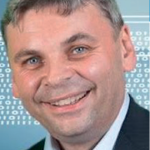
ARROW ELECTRONICS ESTONIA MANAGING DIRECTOR
The importance of information throughout the supply chain is growing. Increasingly, an organisation's success depends on the trade secrets it shares with suppliers, resellers and logistics partners. Covid-19 created a crack in this chain. Mass organised attacks on different parts of the supply chain became a new trend. In the summer of 2020, there were organised attacks against major service providers in Estonia. The attacks took advantage of the changes brought about by new working conditions and the distraction of employees. Access was gained to organisations' systems, user accounts and passwords. In turn, the supply chain, partnerships and customer relationships of the targeted organisations were used to attack their systems. In total, hundreds of organisations' IT systems were accessed. Although some of these attacks were detected and access was blocked, successful attacks using the same attack vectors continue to this day.
Supply chain security is directly dependent on the trust between partners and the level of personal due diligence of each party involved, and whether the best supply chain security policies exist only on paper or are actually implemented.

TAX AND CUSTOMS OFFICE INFORMATION SECURITY MANAGER
Thea shares tips on how to protect the cybersecurity of your supply chain.
When the pandemic arrived, everyone underestimated the scale and potential duration of the crisis. Supply chains were structured for peacetime - there had been no major, widespread disruption for some time and the focus was only on the unit price. But in a crisis, everything became unpredictable - both the emergence of disease outbreaks and the response of countries. A problem with many variables emerged for everyone, but no one was ready to solve it.
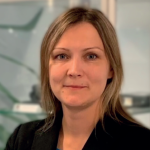
SKELETON TECHNOLOGIES CATEGORY MANAGER
Kädly Põld talks about the lessons and lessons learned from the crisis in the Skeleton supply chain. Analysis of the total cost of acquisition across all product groups has become indispensable. A higher price in the EU compared to a cheaper price in Asia is justified if it reduces supply chain risks and line downtime. Must be prepared for all eventualities, the crisis is not over yet.
PRACTICE
The arrival of the corona pandemic sent the world into a panic. Countries started making decisions ... which turned out to be the wrong decisions, says procurement expert Hans Casteel.

PROCUREMENT EXPERT
As an experienced supply chain manager, Hans will take a look at how countries behave in his presentation. His task is to explain what went wrong that led to the rapid closure of borders, the shortage of protective equipment and, later, procurement problems with vaccines. He warns that the wrong decisions will continue to be made and will lead to the same disastrous outcome next time.
In his presentation, Hans offers some ideas that can help us and keep supply chains running in critical situations.

ADVISER ON EXTERNAL COOPERATION TO THE HARJUMAA UNION OF MUNICIPALITIES
Kaarel Kose is the External Cooperation Advisor of the Harjumaa Association of Local Governments. In this position, he is in charge of several international projects. Among others, he has been closely involved in the Tallinn - Helsinki tunnel project, the feasibility study of light rail transport between Tallinn and Harju County and mobility issues in Harju County in general. Now, one of his initiatives is the development of the Paldiski - Tallinn - Narva transport corridor - a corridor with access to Scandinavia at one end and the Russian market at the other. As this is a corridor along most of Estonia's logistical chains and trade and industrial exports, the potential of the corridor offers the chance for many Estonian companies to become more competitive.
The corridor along Estonia's northern coast is one of the three international east-west freight and travel corridors examined in the framework of the Baltic Loop international cooperation project of the Central Baltic Programme. The Estonian section is part of the project's central corridor which runs along the axis Oslo-Orebro-Stockholm-Paldiski/Tallinn-Narva-Peterburg. Our northern coastal corridor was analysed with the support of the consultancy Civitta. Kaarel Kose's presentation will include an analysis of which goods and business models are using the corridor, what the bottlenecks are and, with the help of experts, possible future scenarios.
The Estonian Open Air Museum is like a kind of Estonian village on the outskirts of the city, with buildings dating from 1699 to 2020. The buildings in this village were not built on site. Houses from different eras have been brought together on the grounds of the Rocca al Mare summer manor from different regions of Estonia. Originally, the houses were built of wood, but over time the building materials have changed and different techniques are used to move them. The last to arrive was a 2-storey, silicate-brick, board-built workers' dwelling from the 1960s, which was like inventing a bicycle to transport from the other end of Estonia.

DIRECTOR OF SUPPORT SERVICES, ESTONIAN OPEN AIR MUSEUM
Jaak Kõiva unravels the mystery of how houses are brought to the Open Air Museum and put up as if they were there in the first place.

CHAIRMAN OF THE PROLOG BOARD

MEMBER OF THE PROLOG BOARD AND PROGRAMME MANAGER

TRANSPORT EXPERT
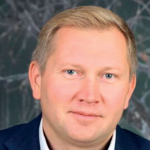
VIA 3L GROUP CEO AND CHAIRMAN OF THE BOARD OF DIRECTORS



